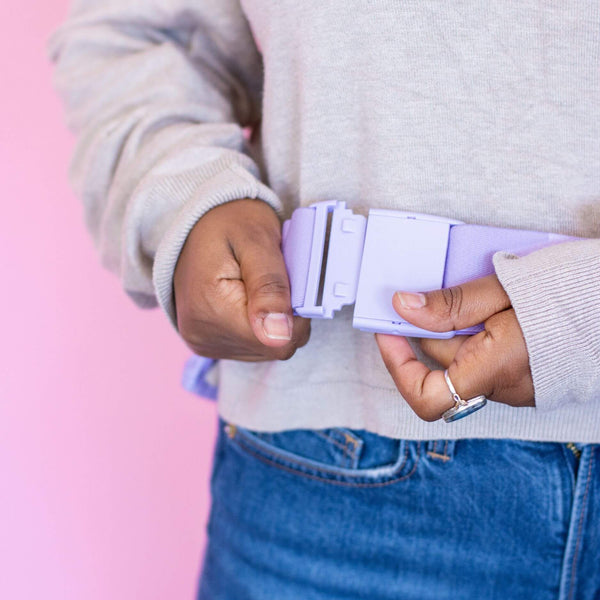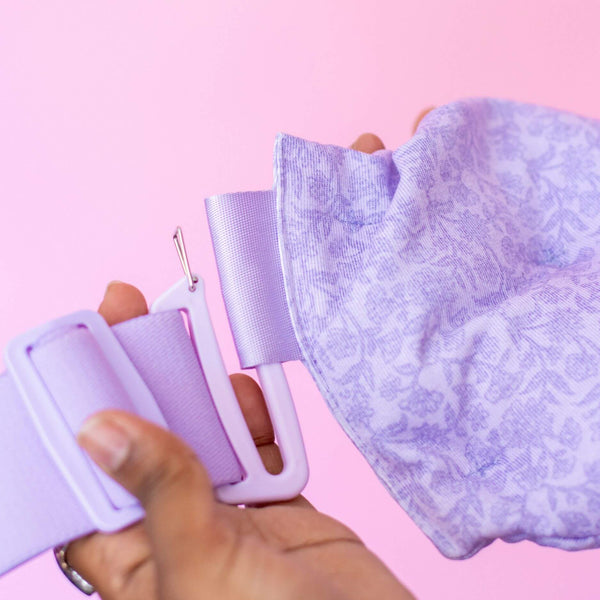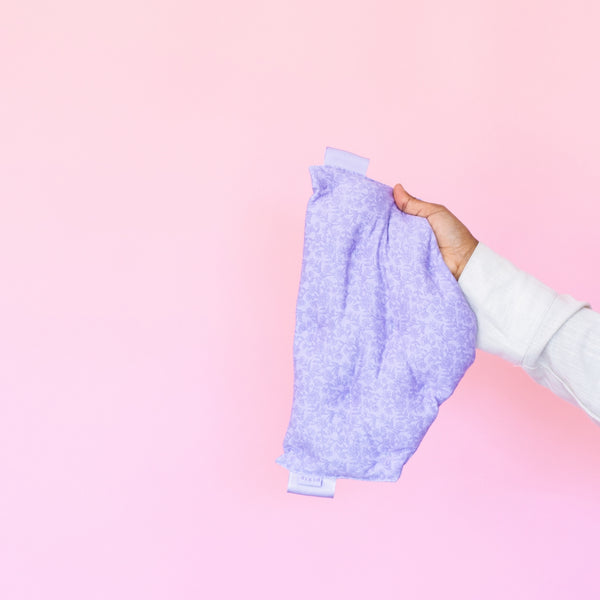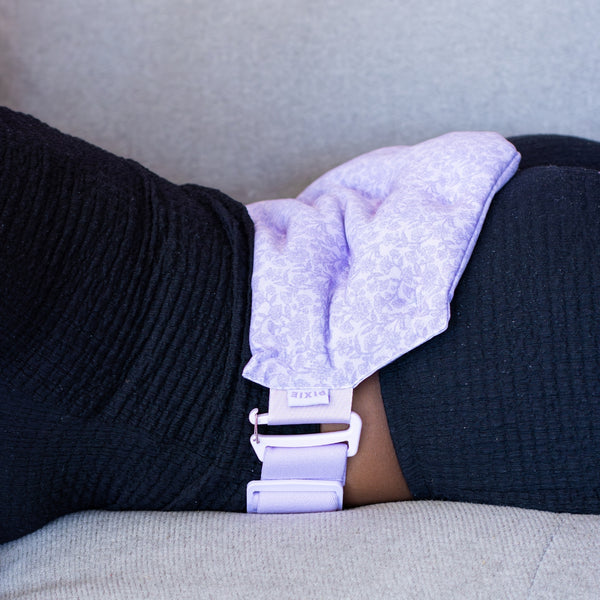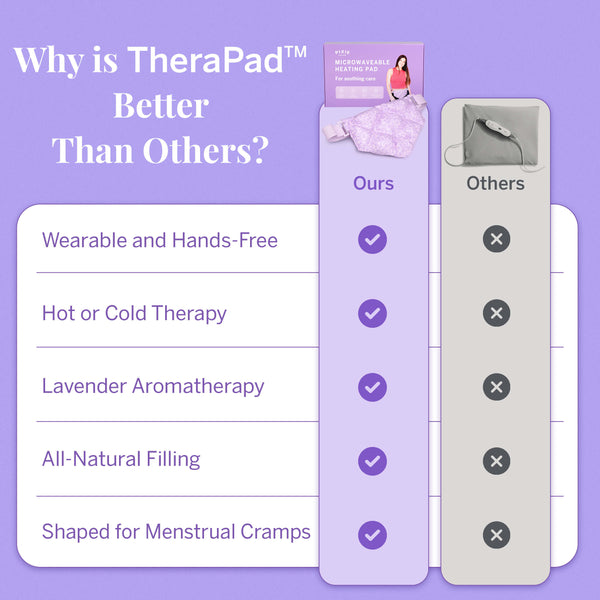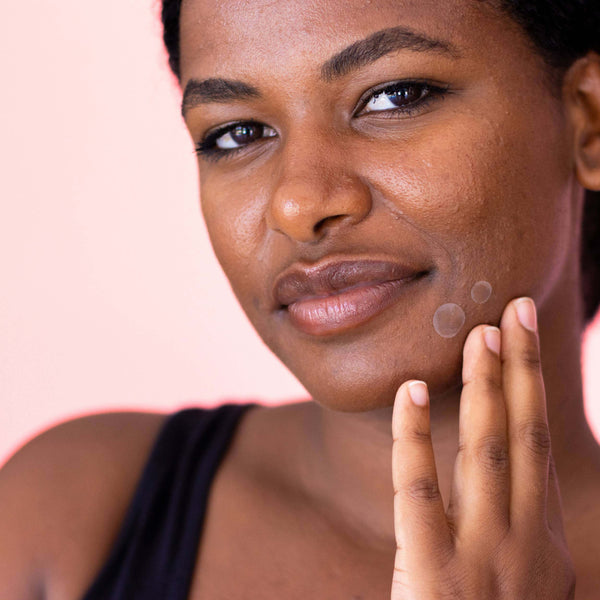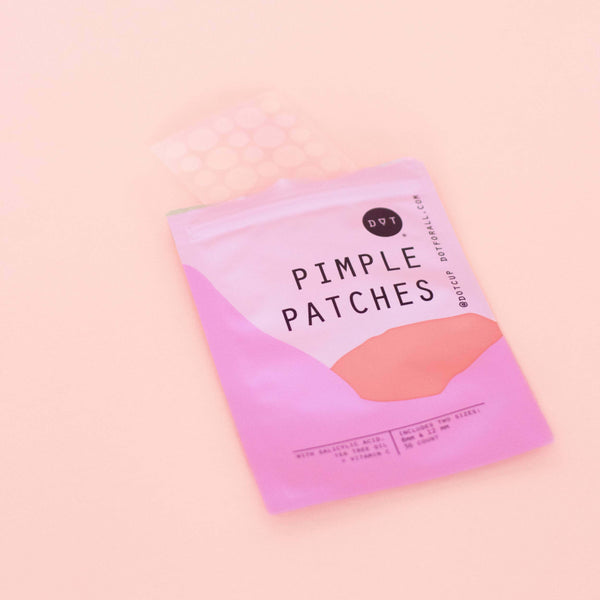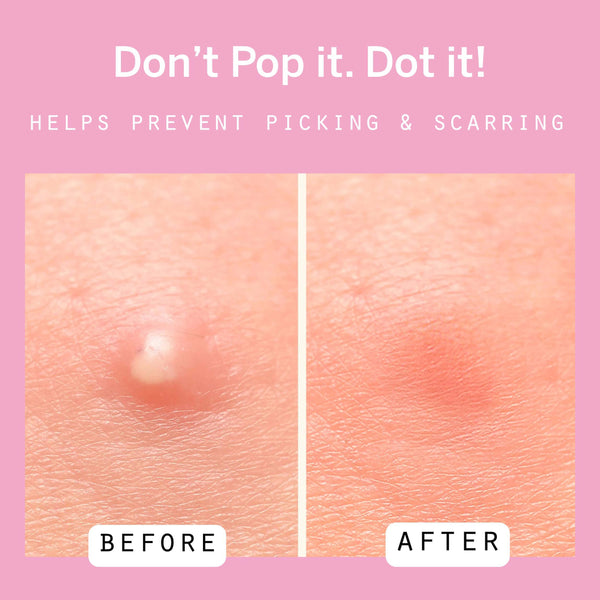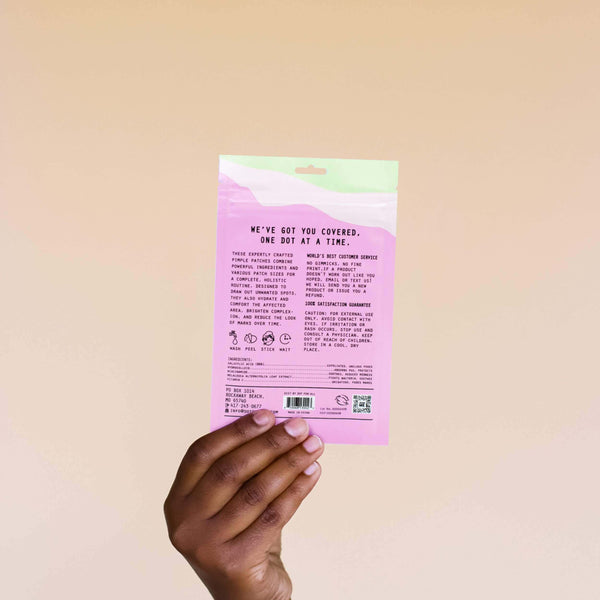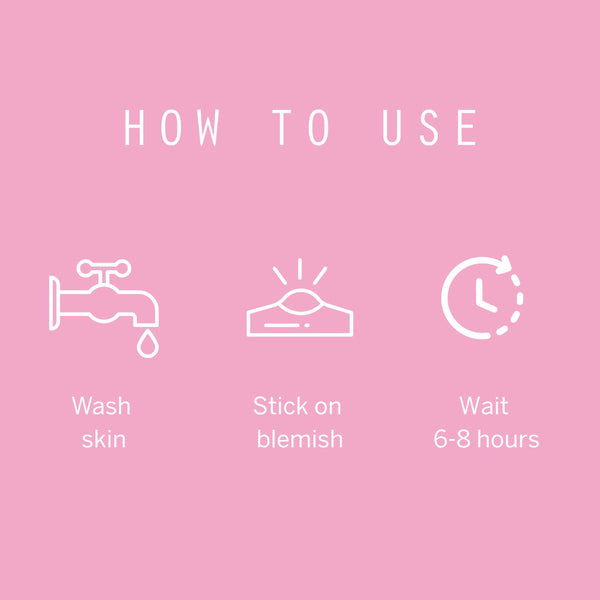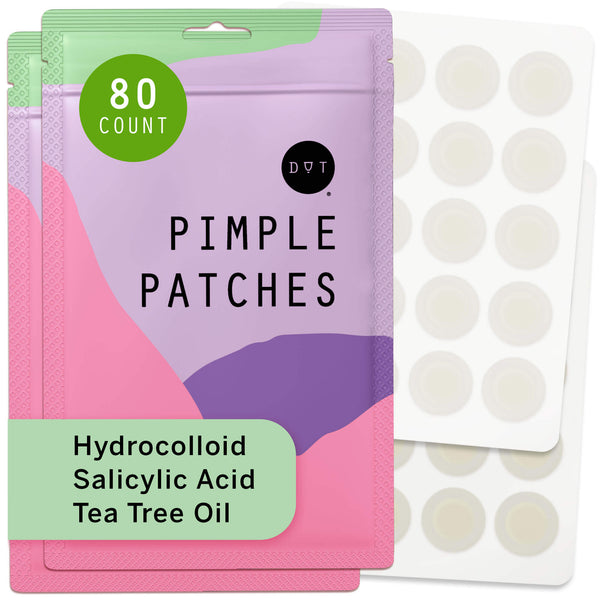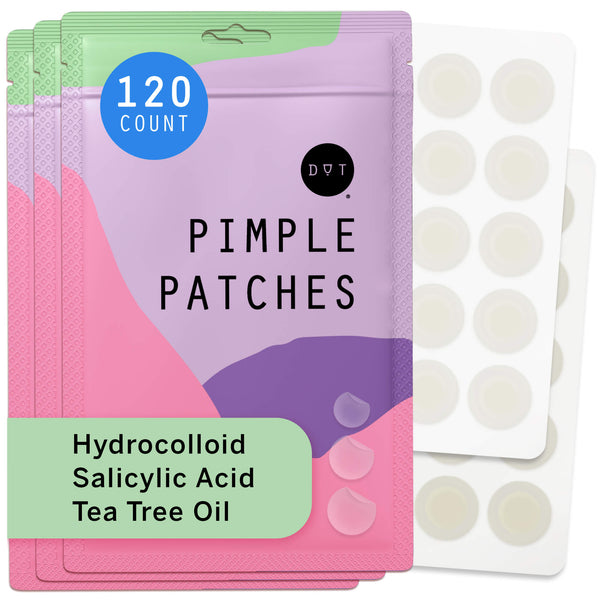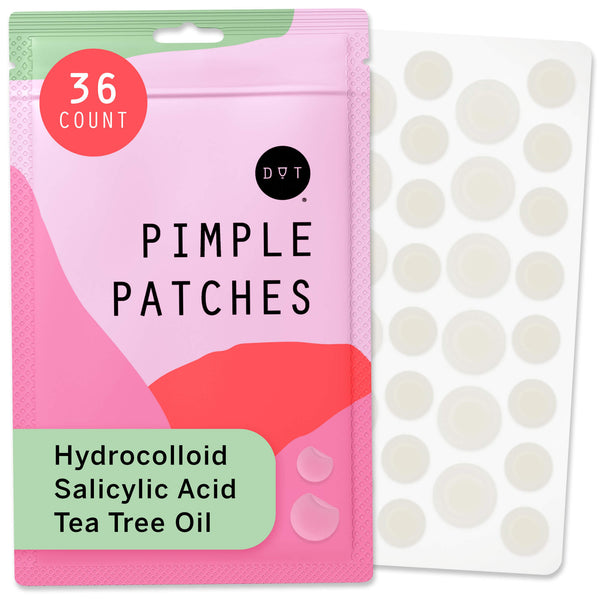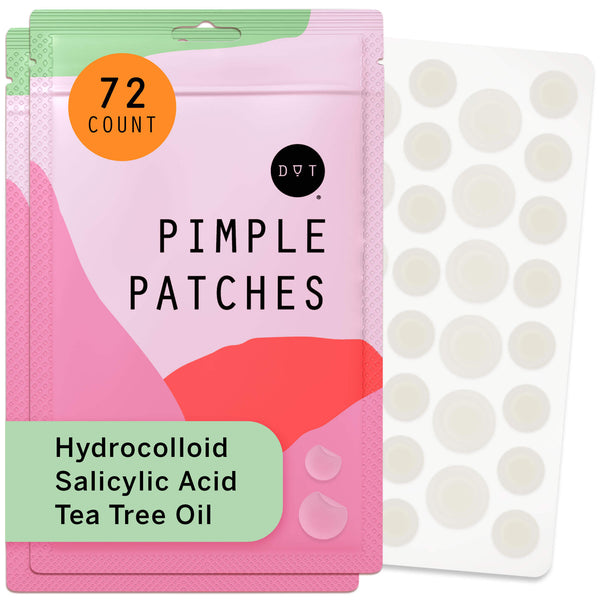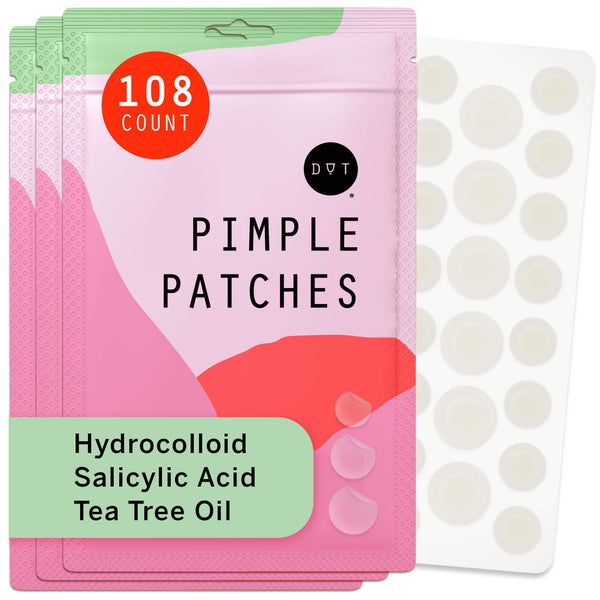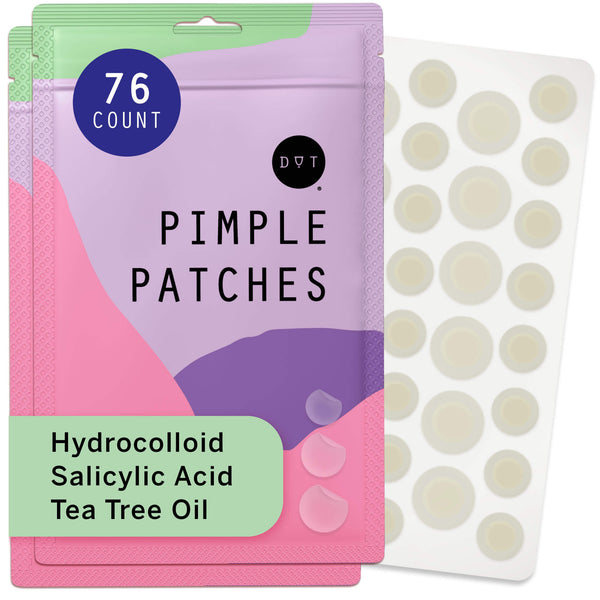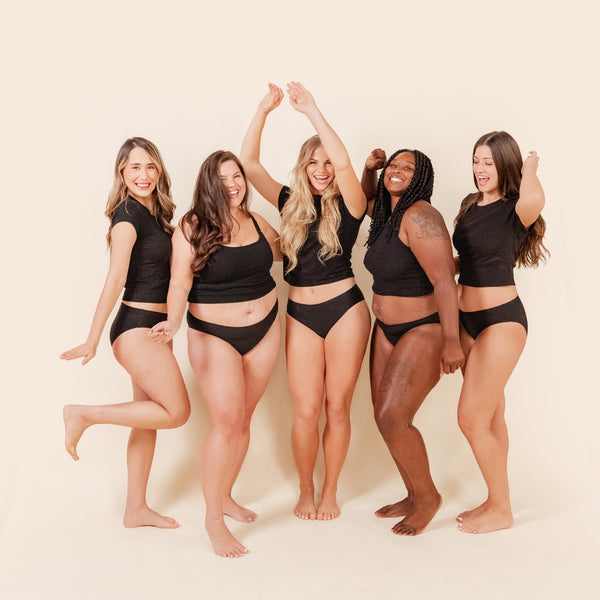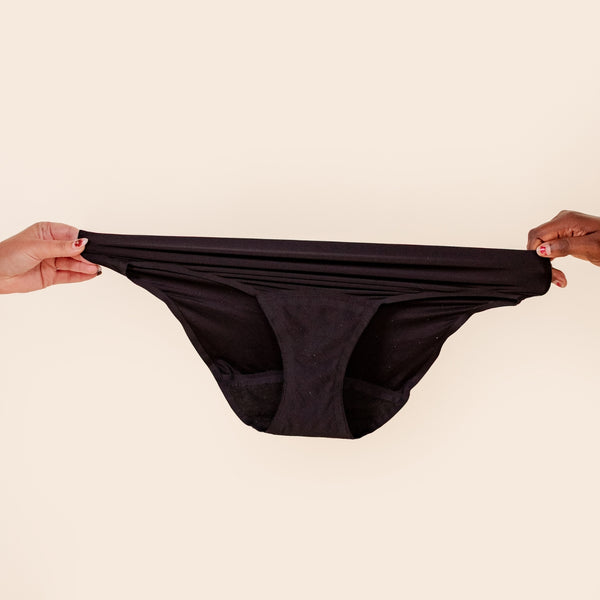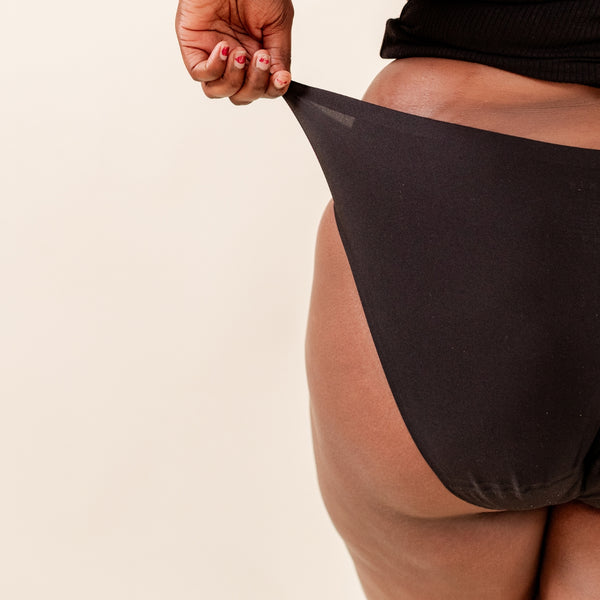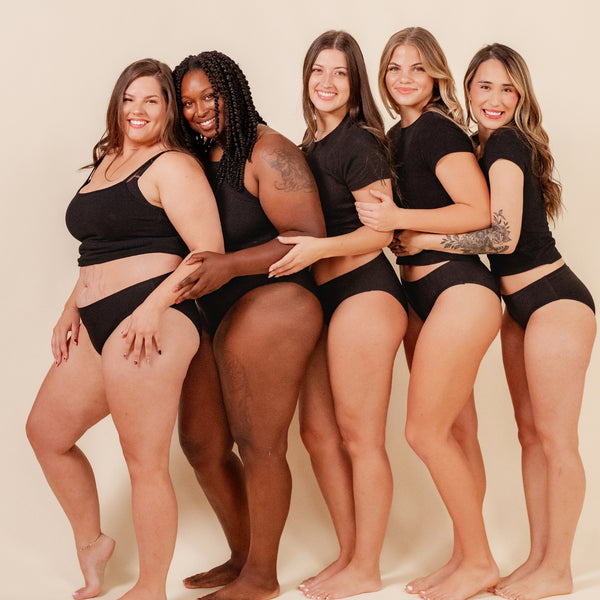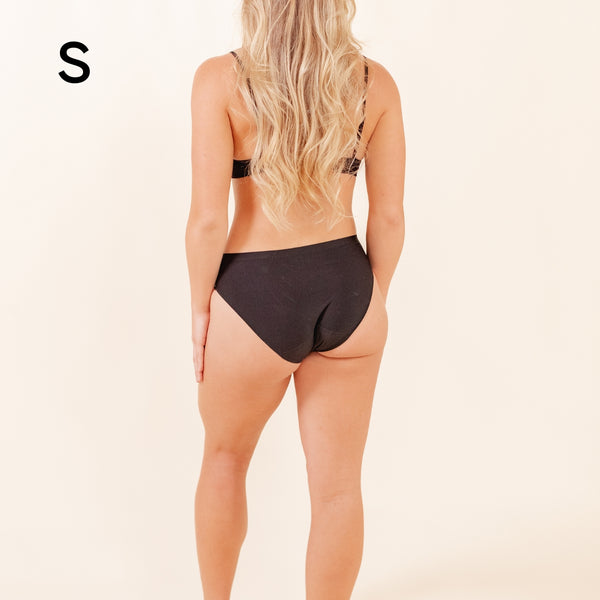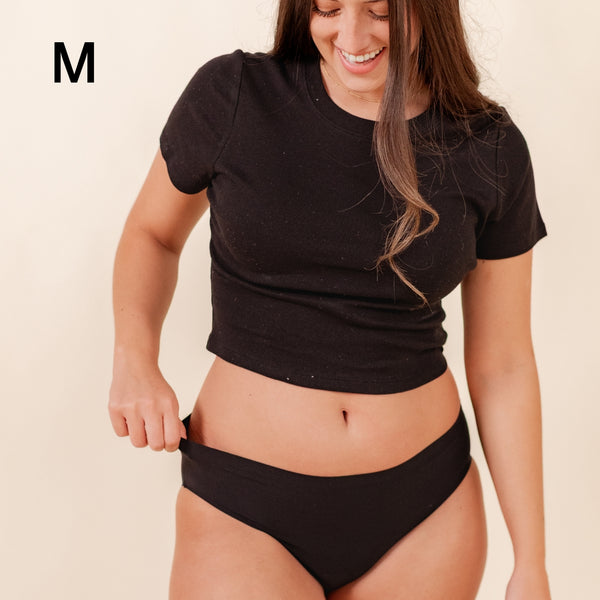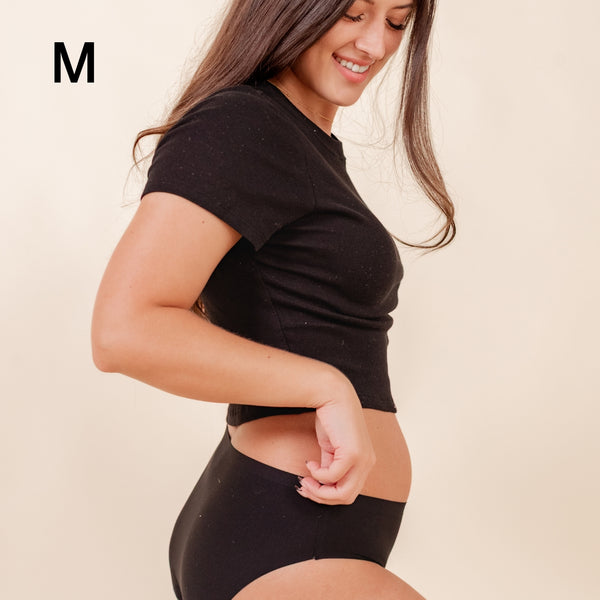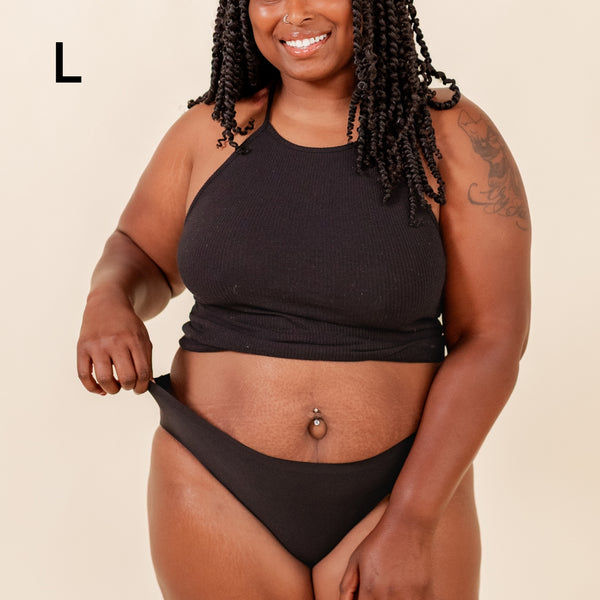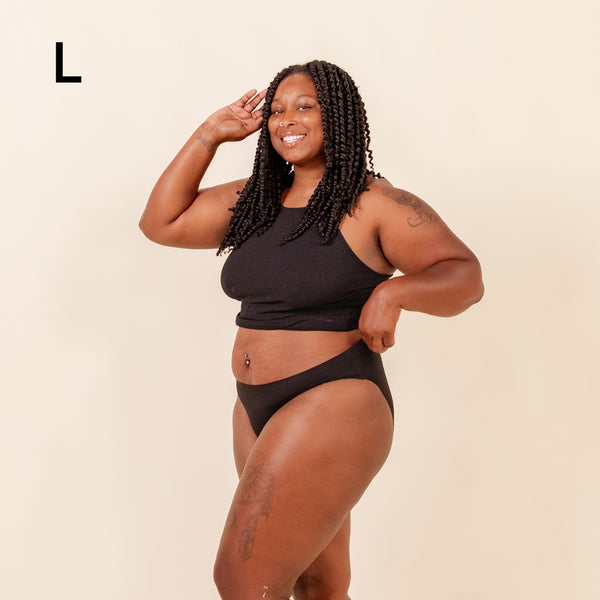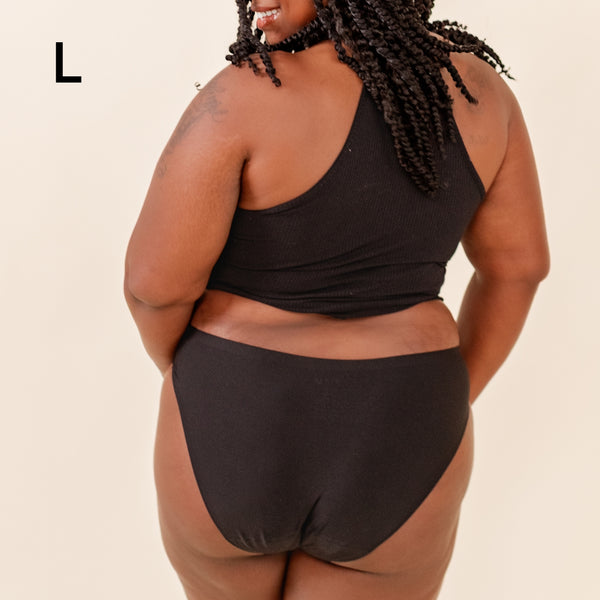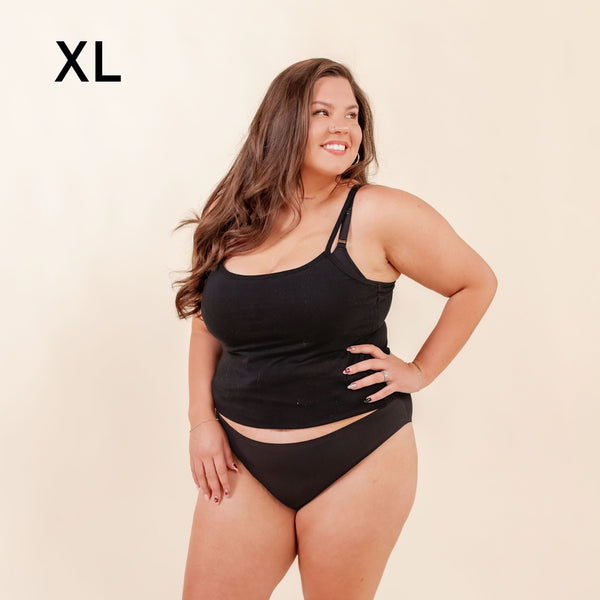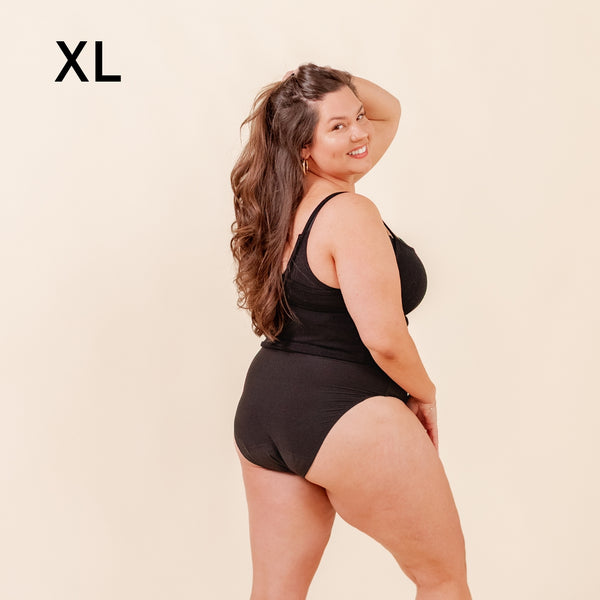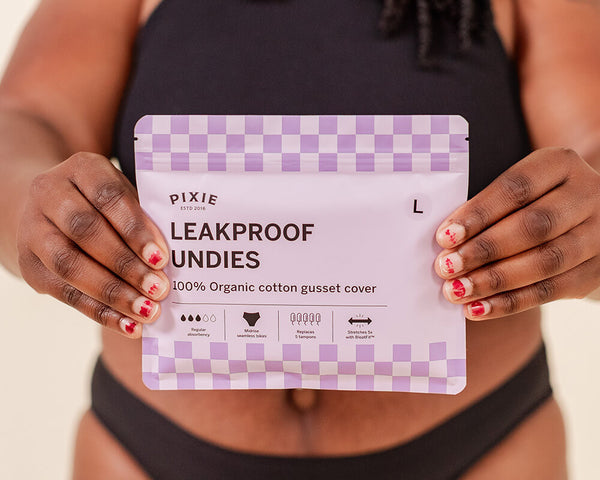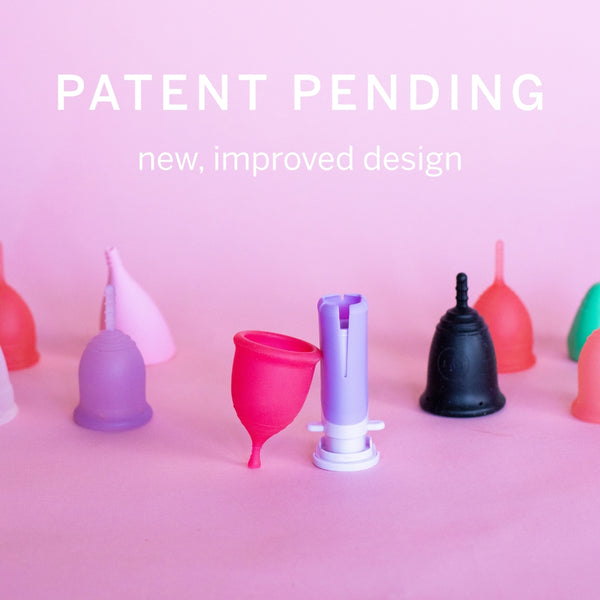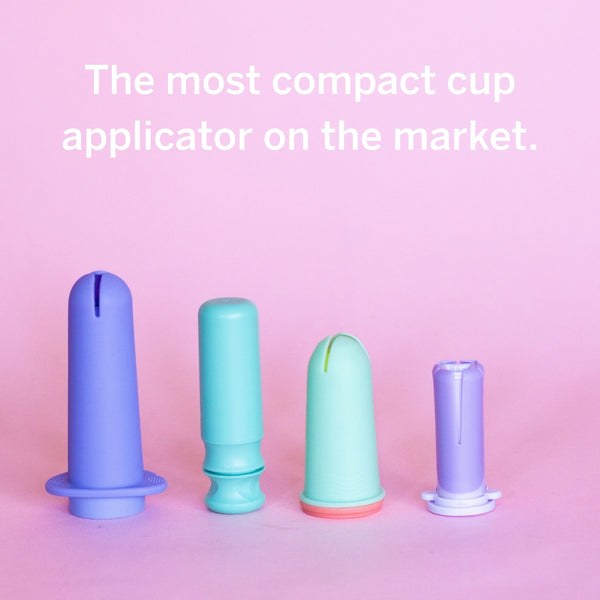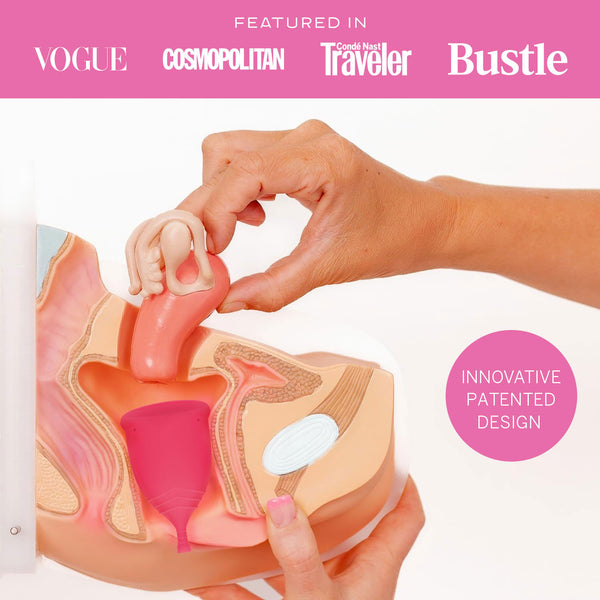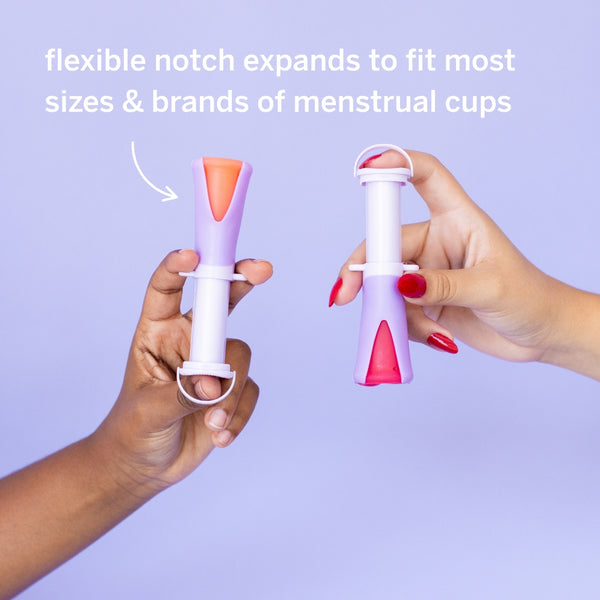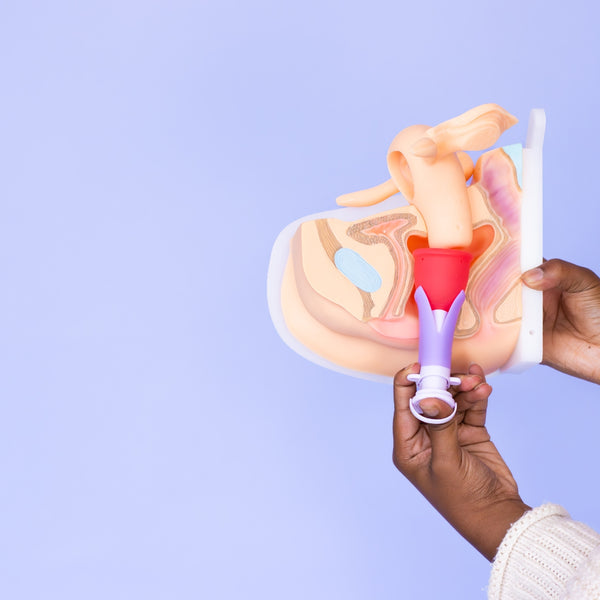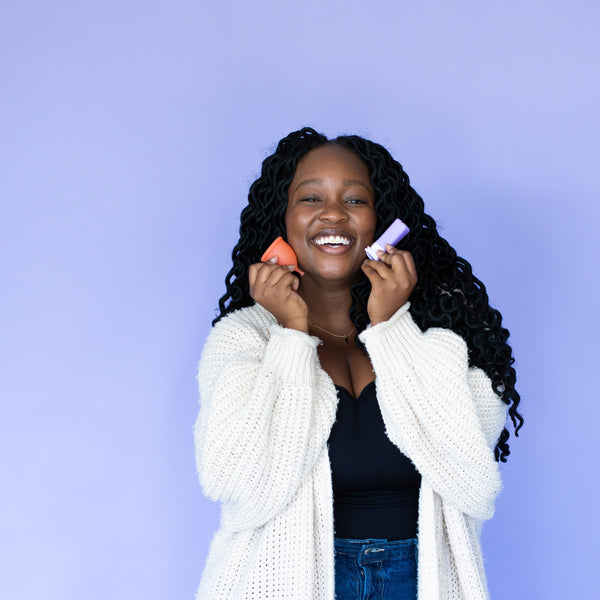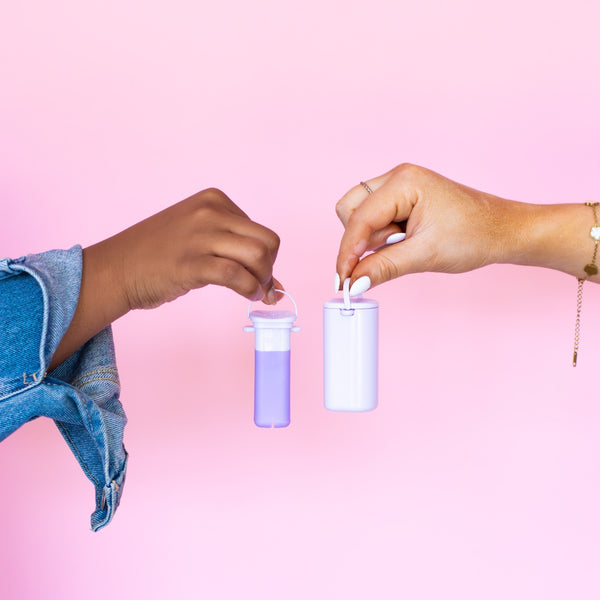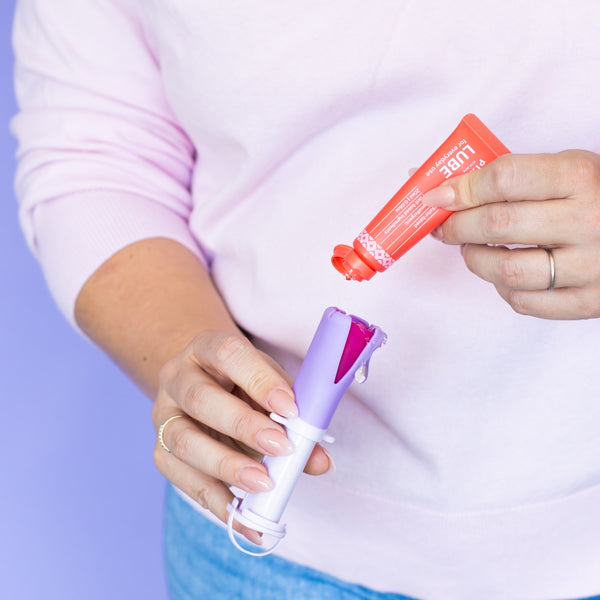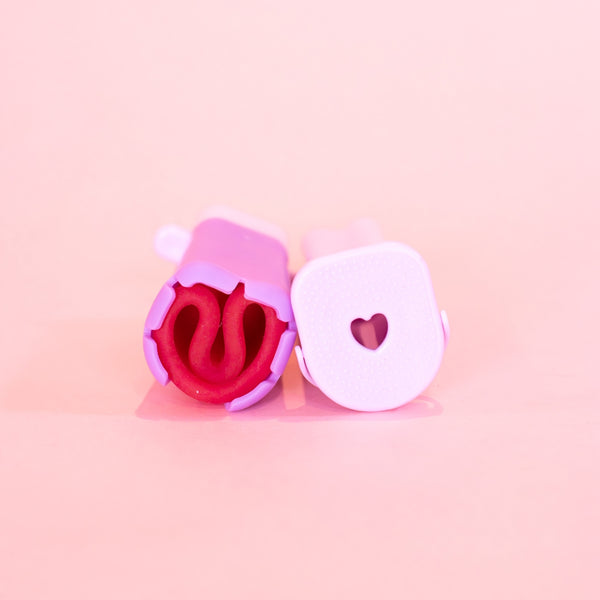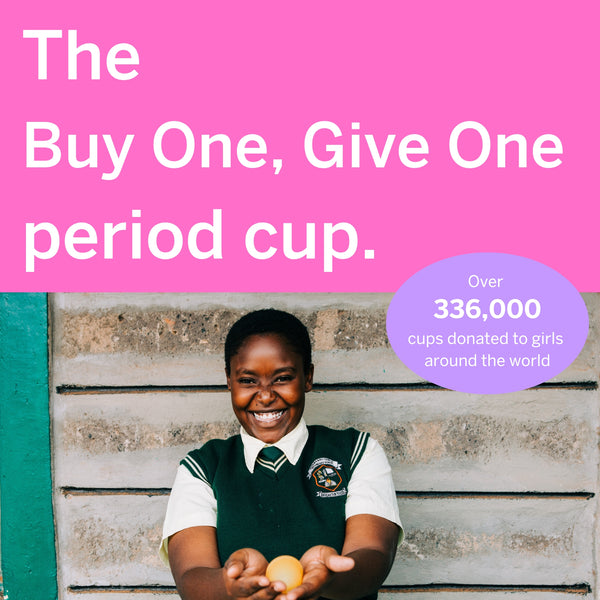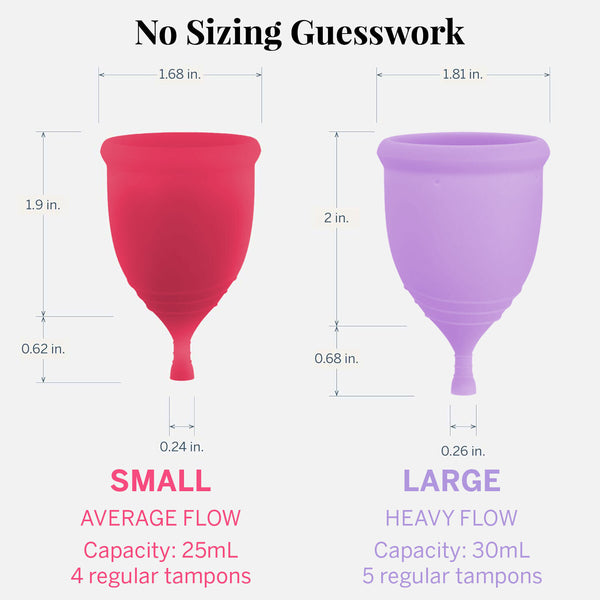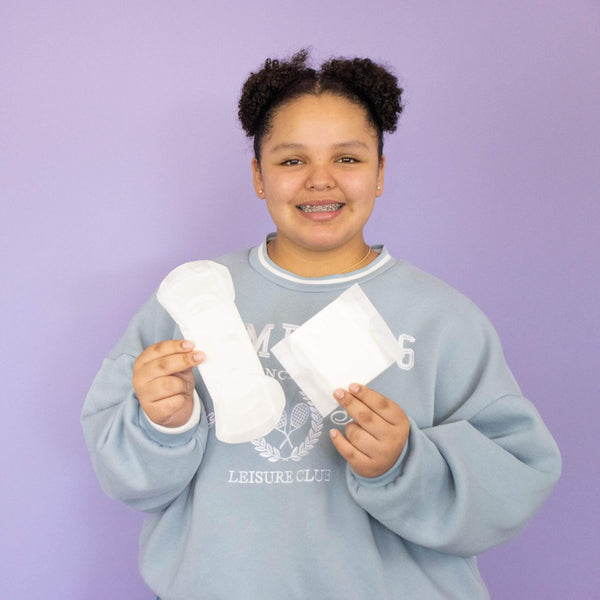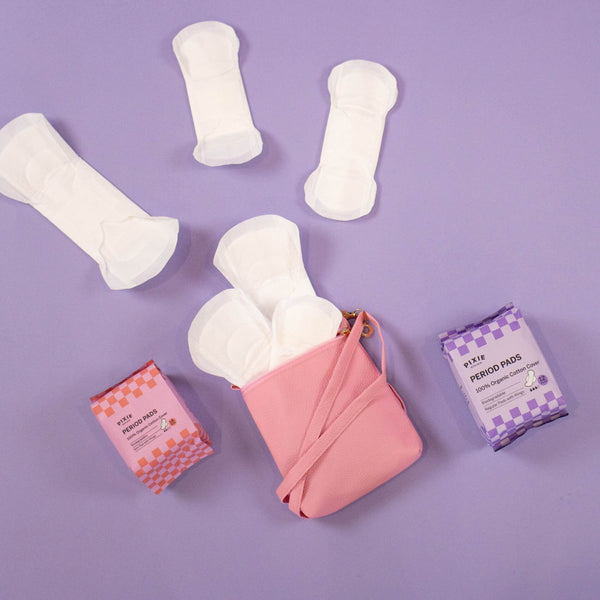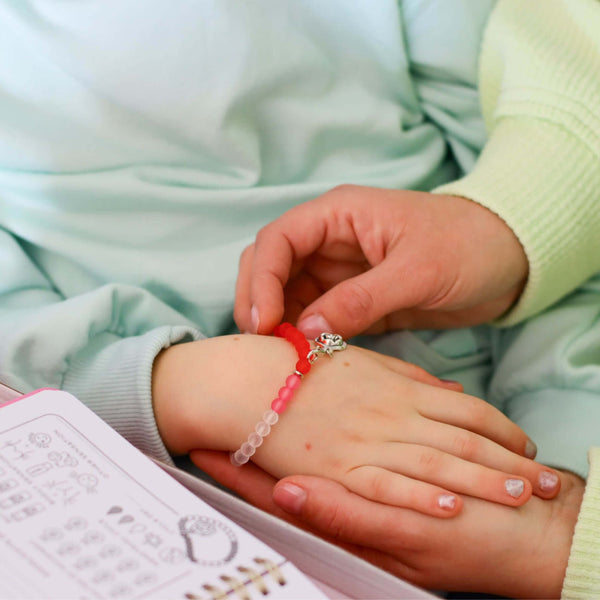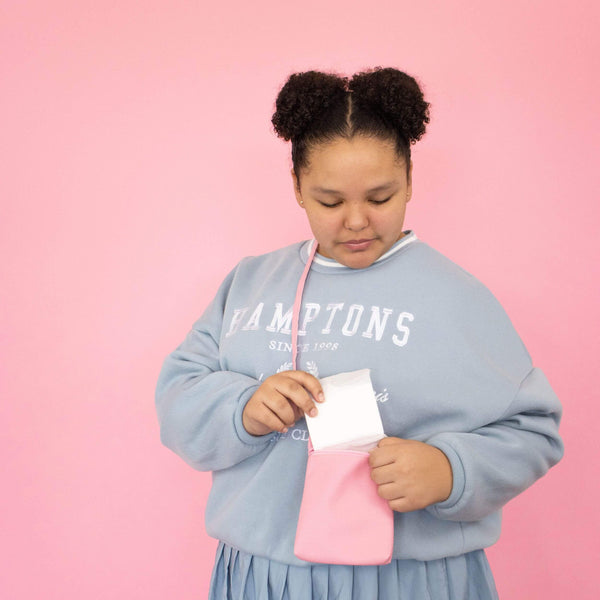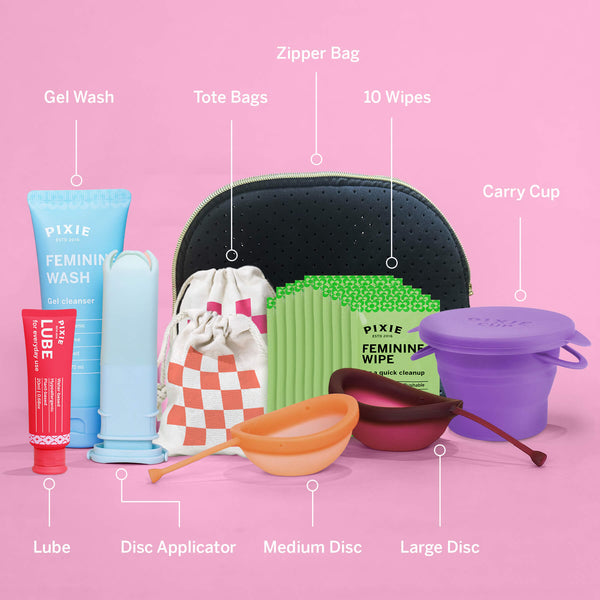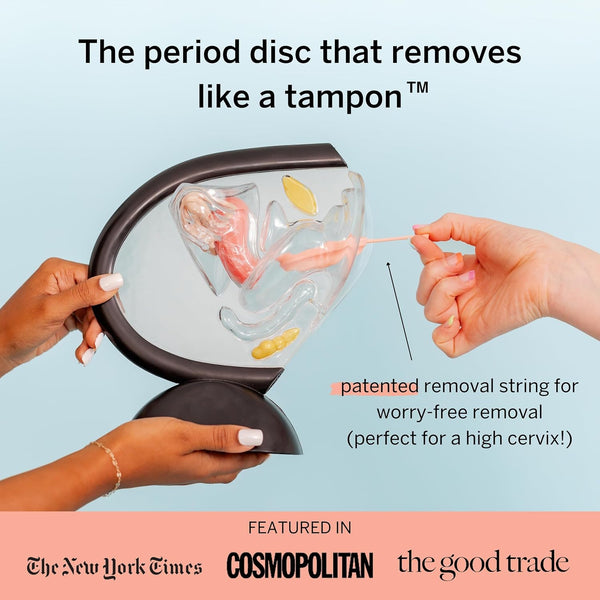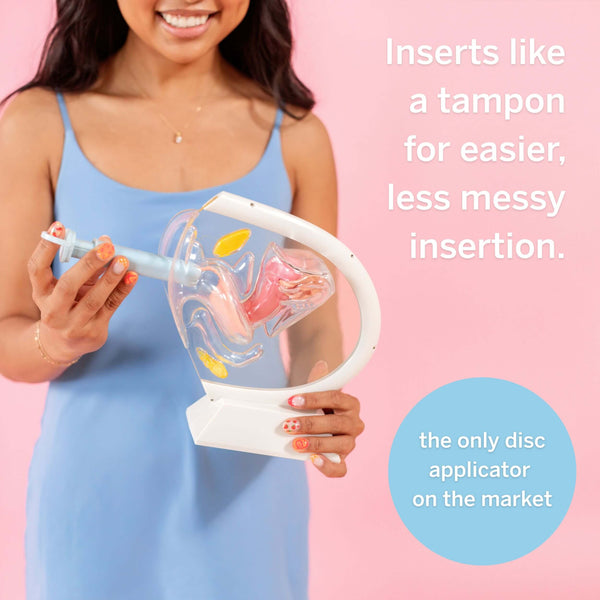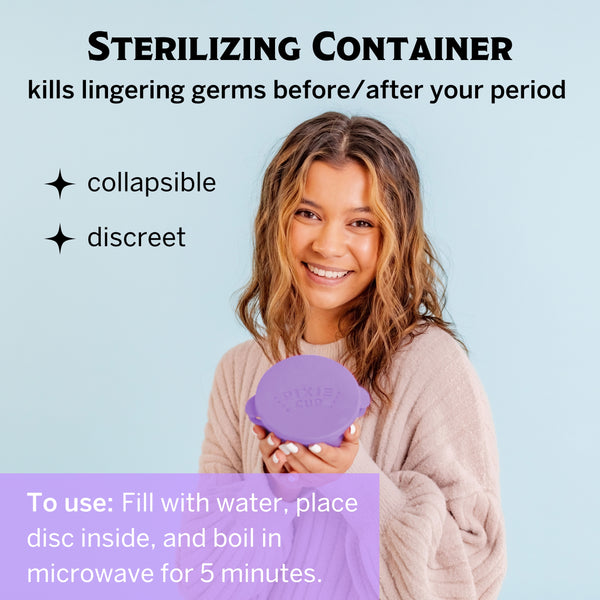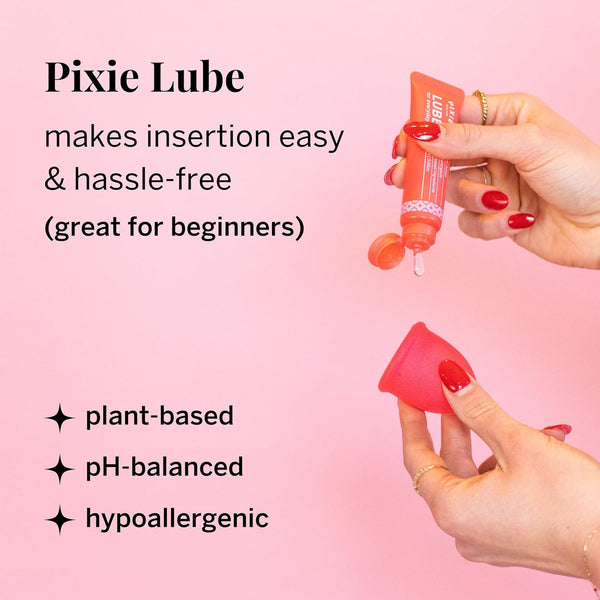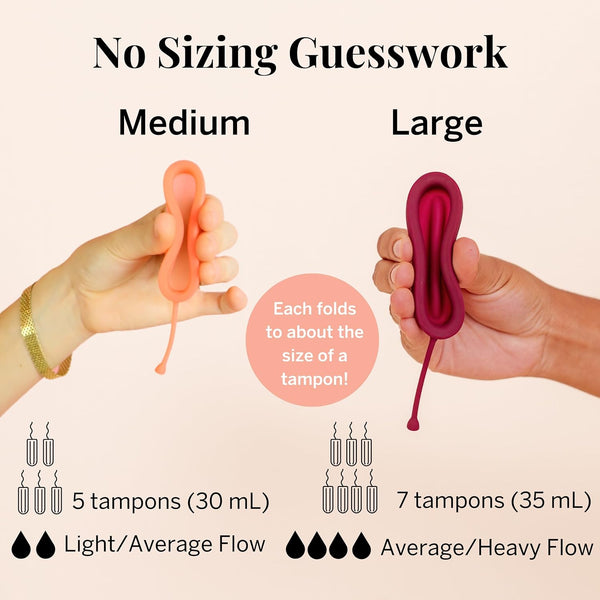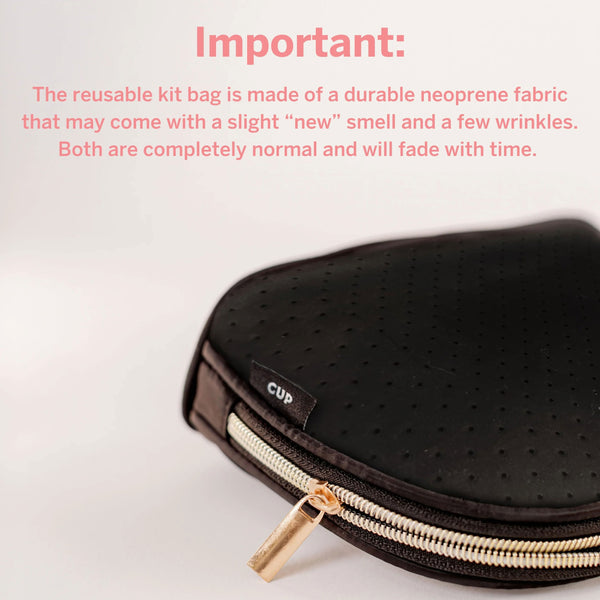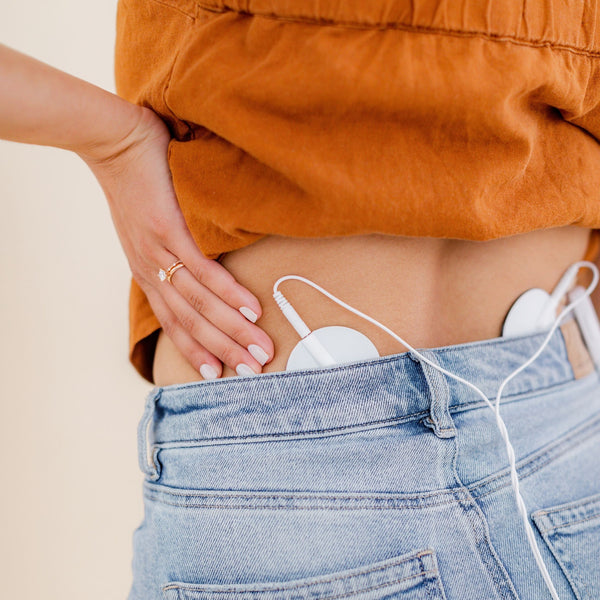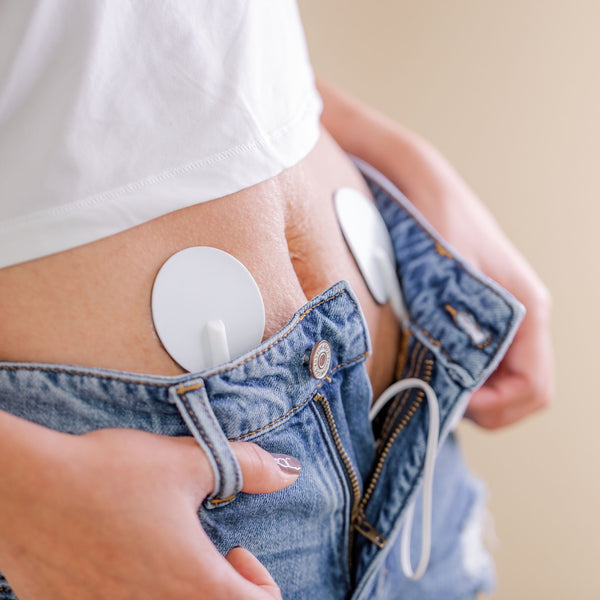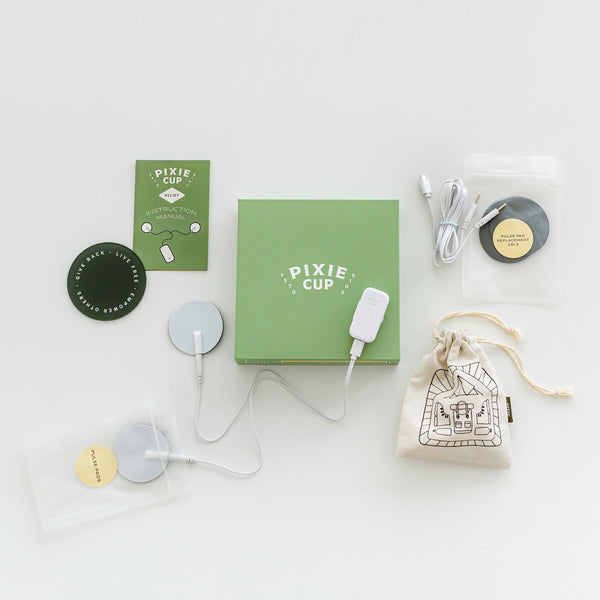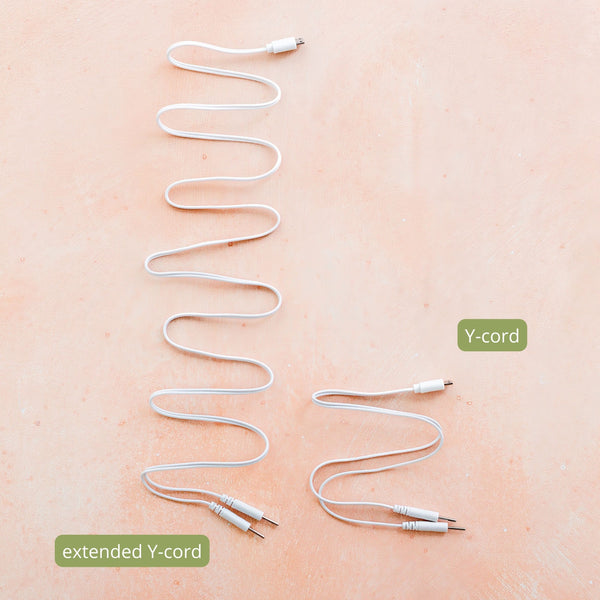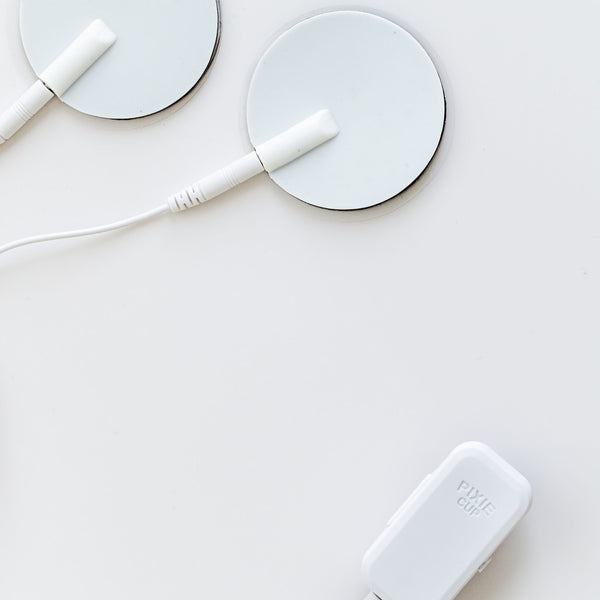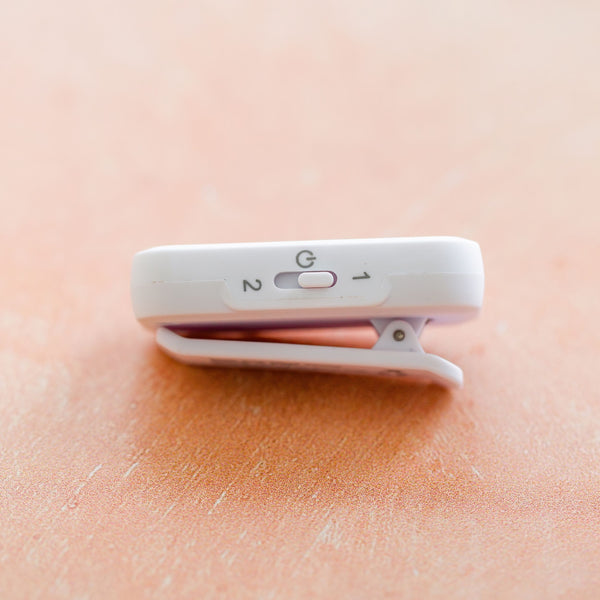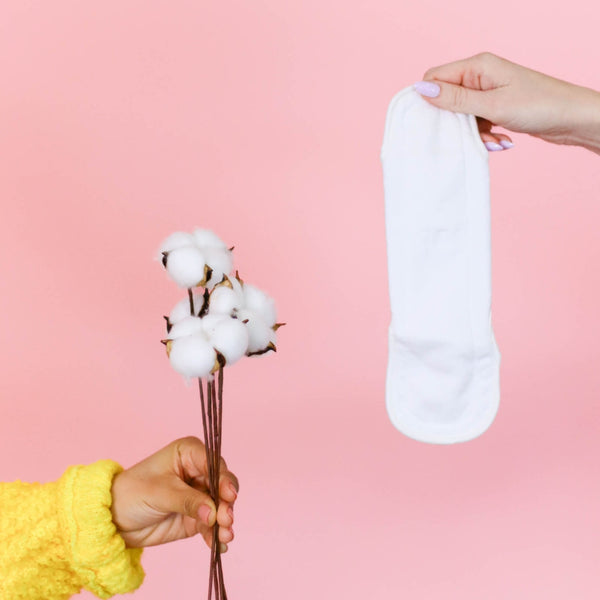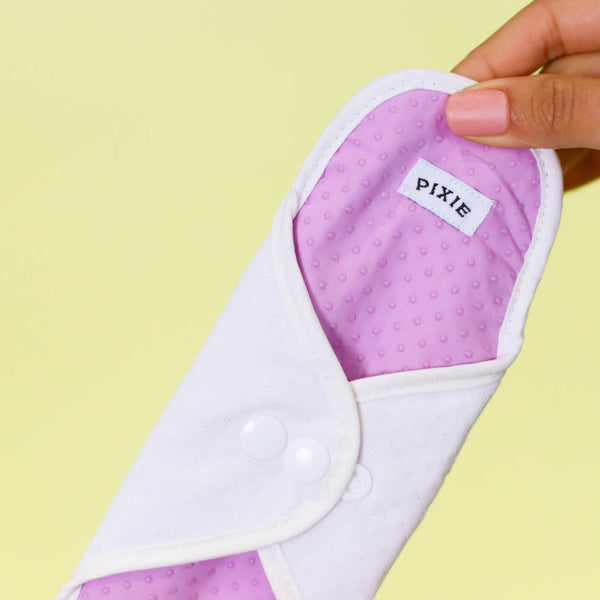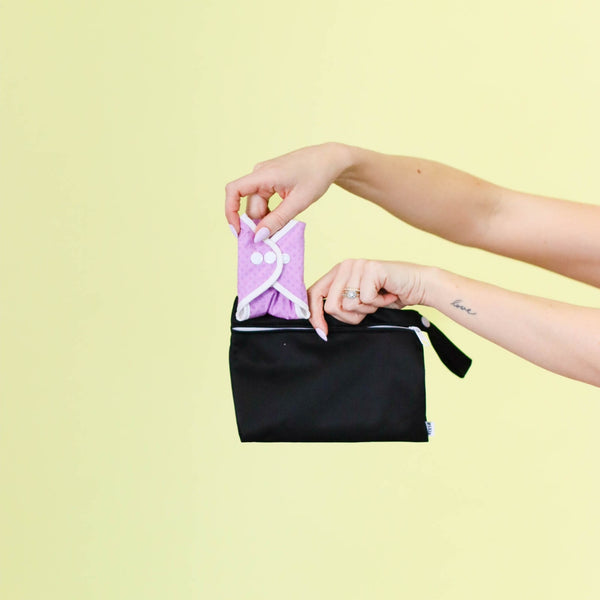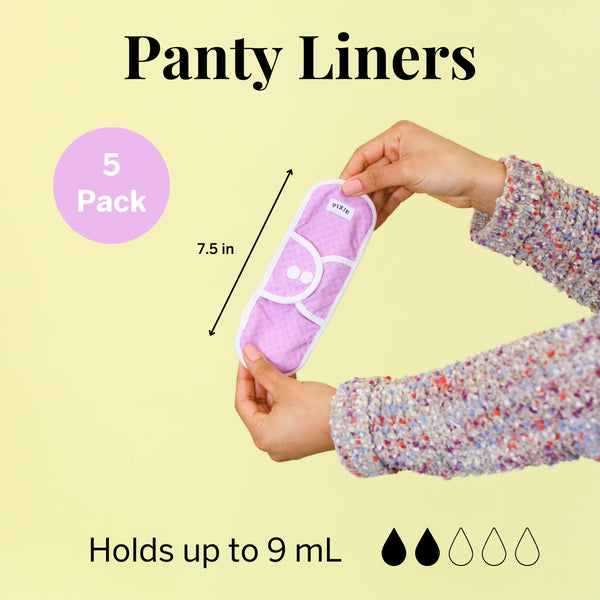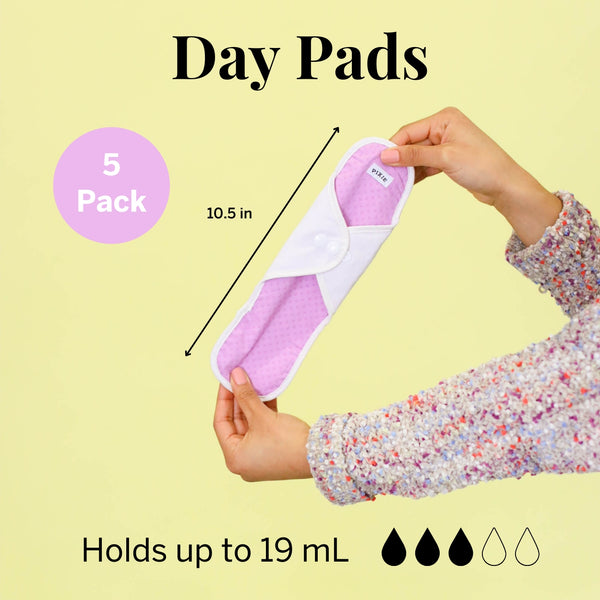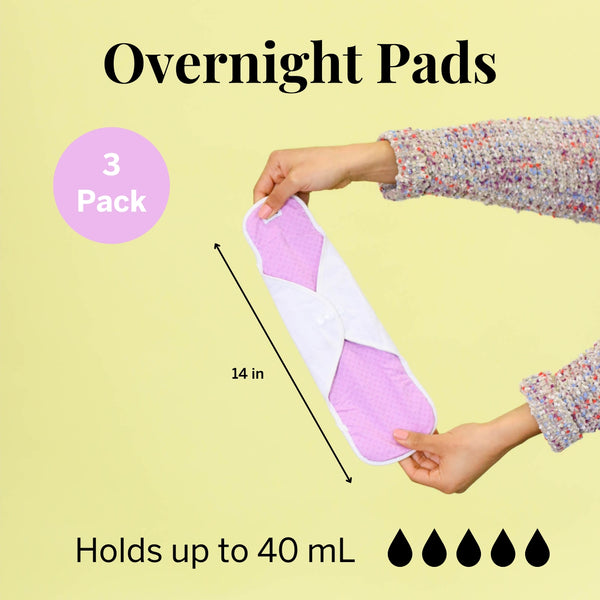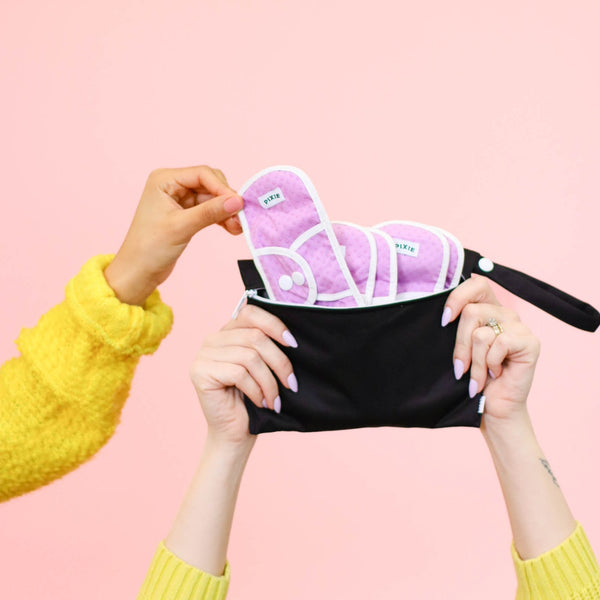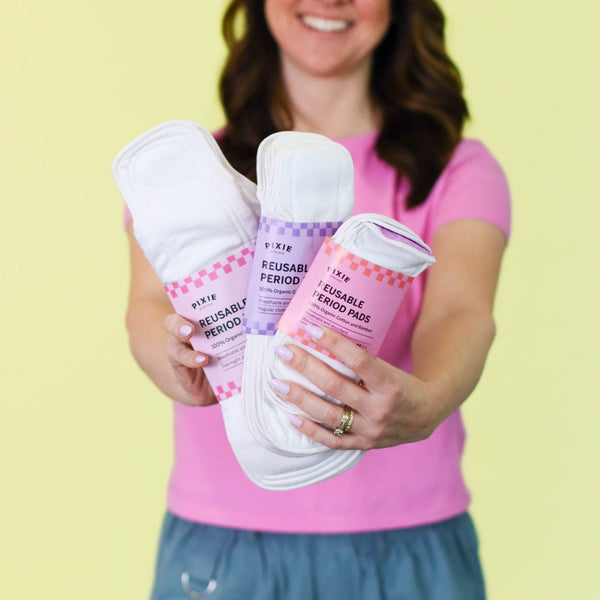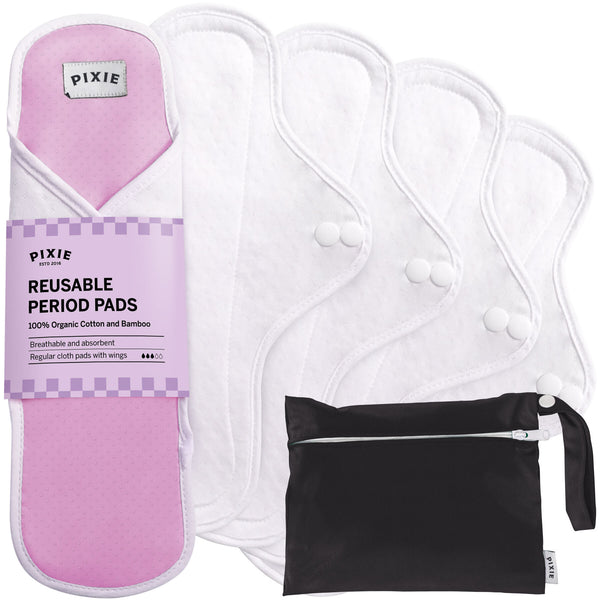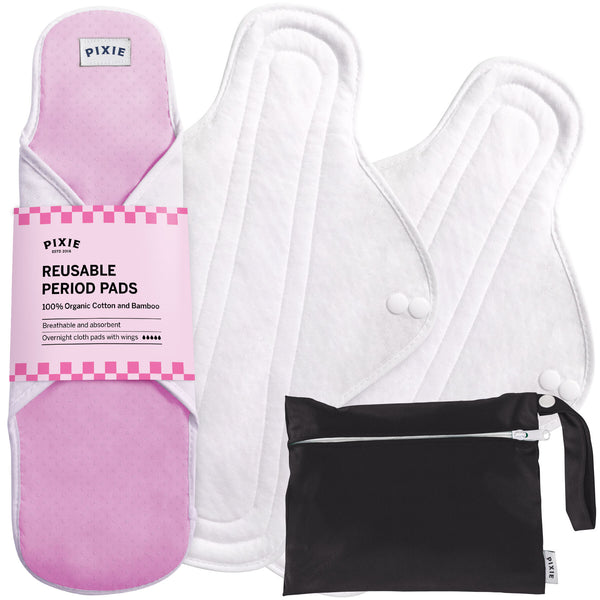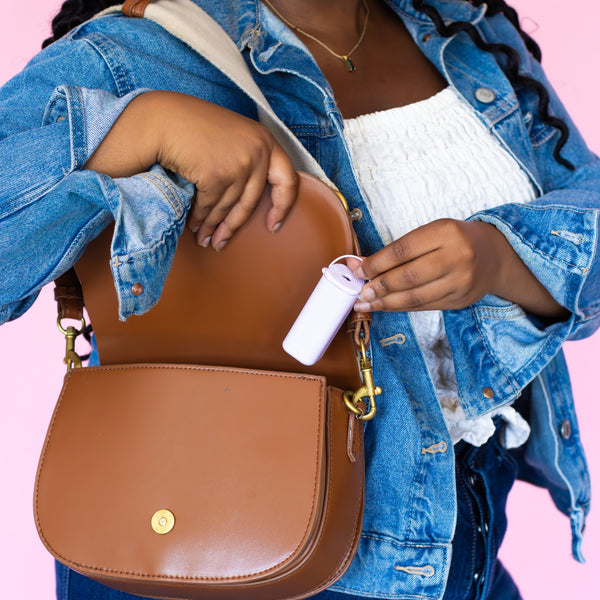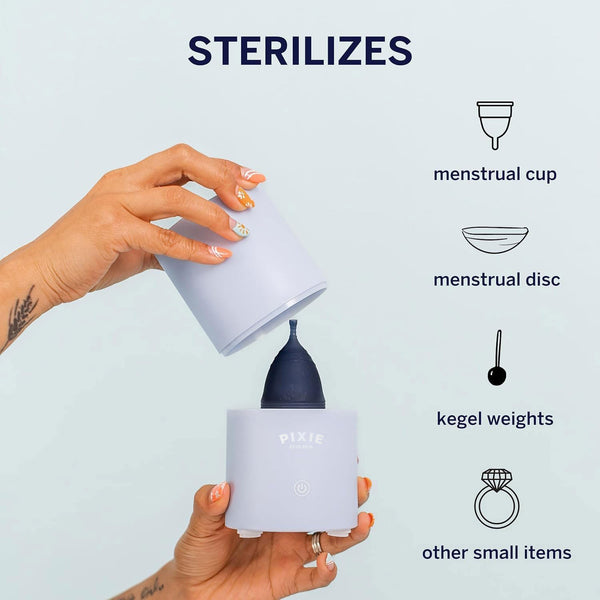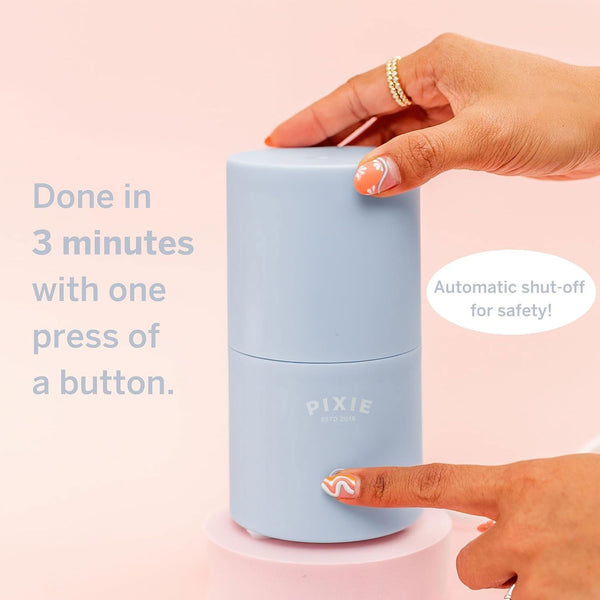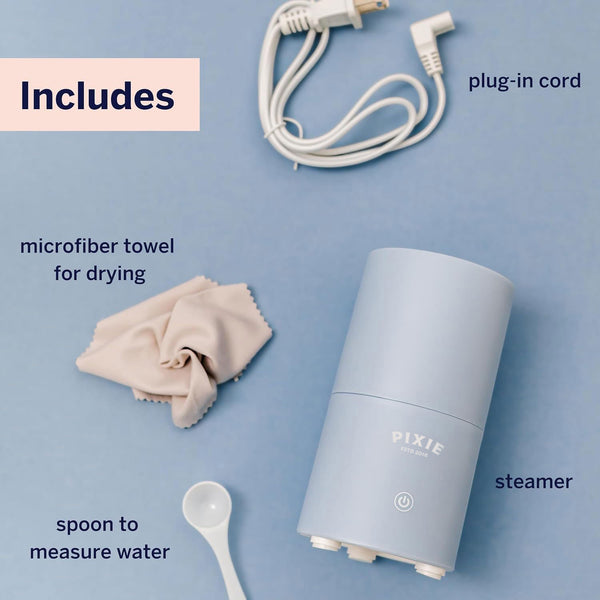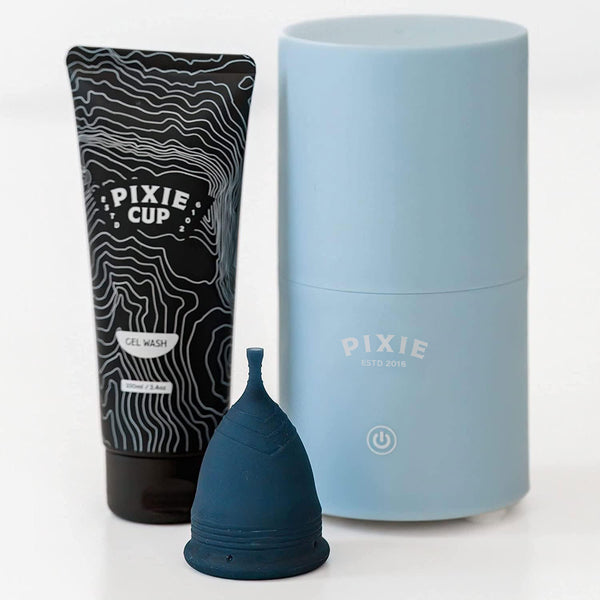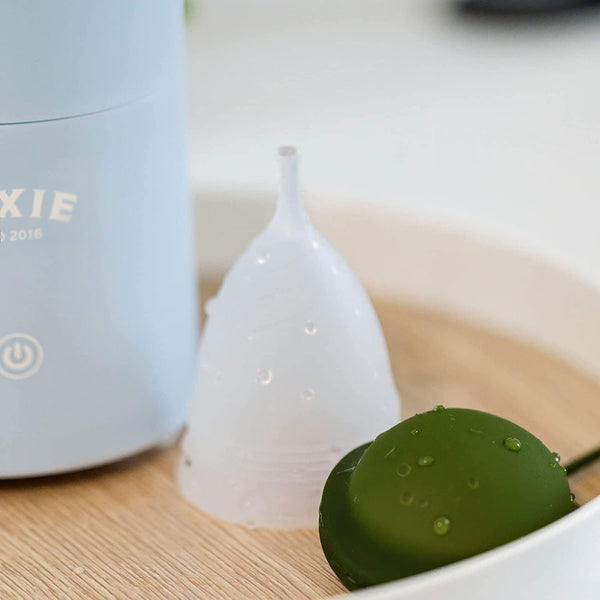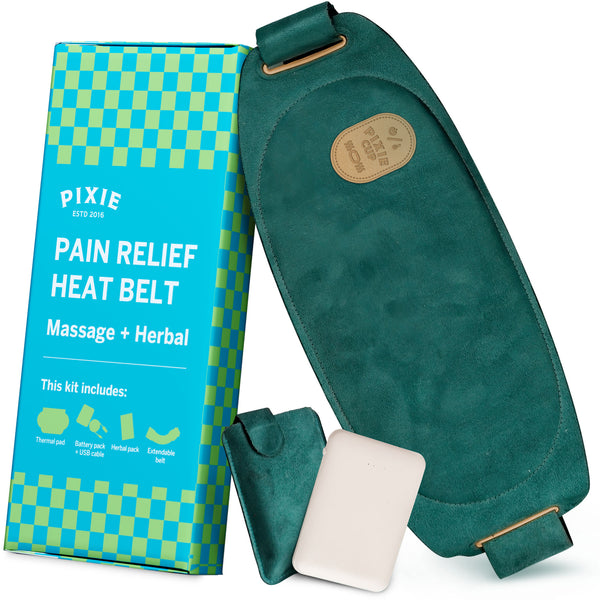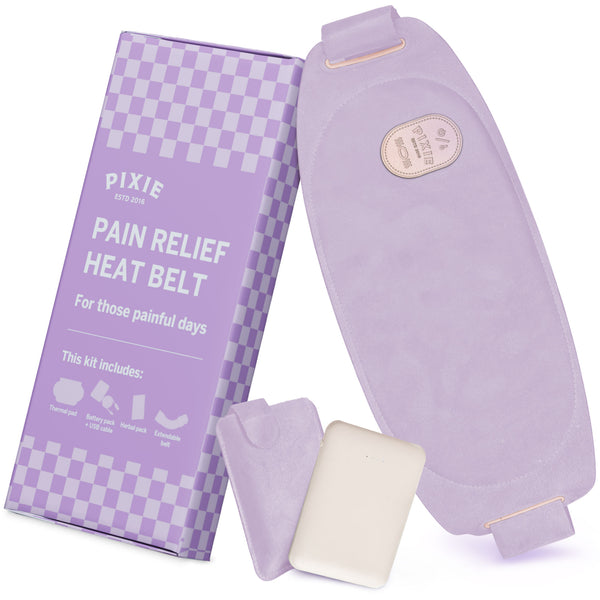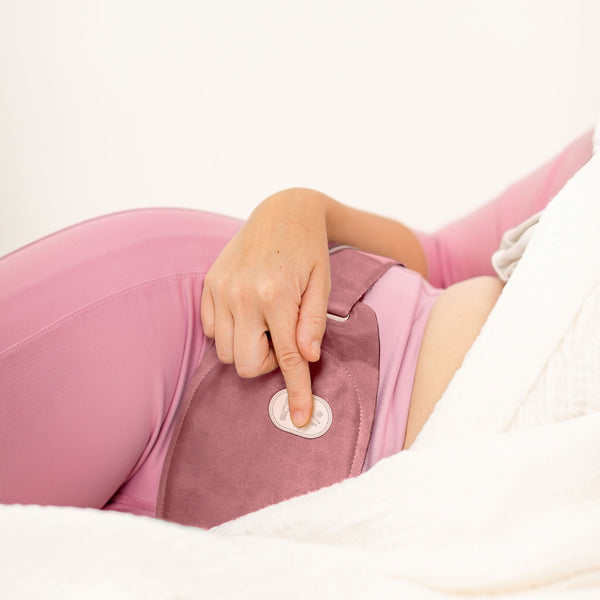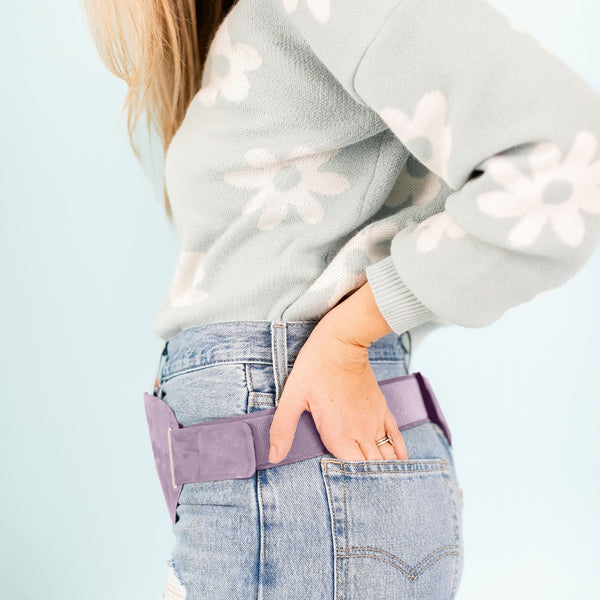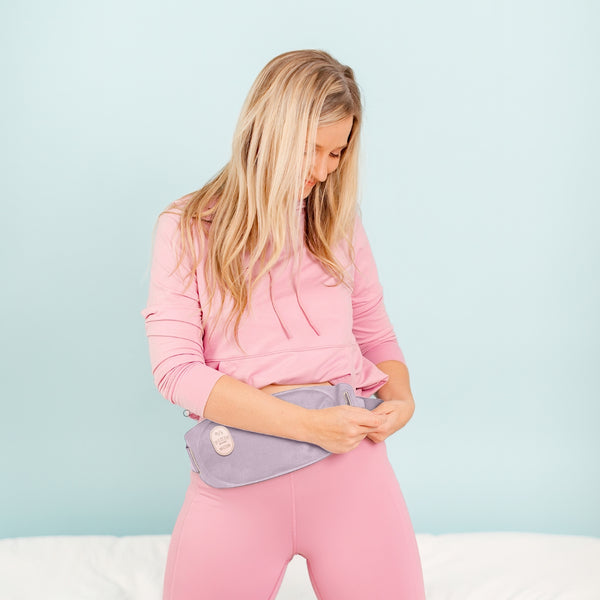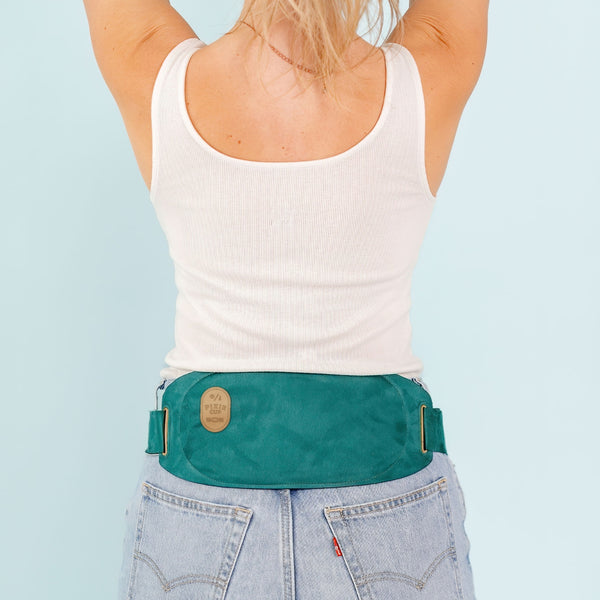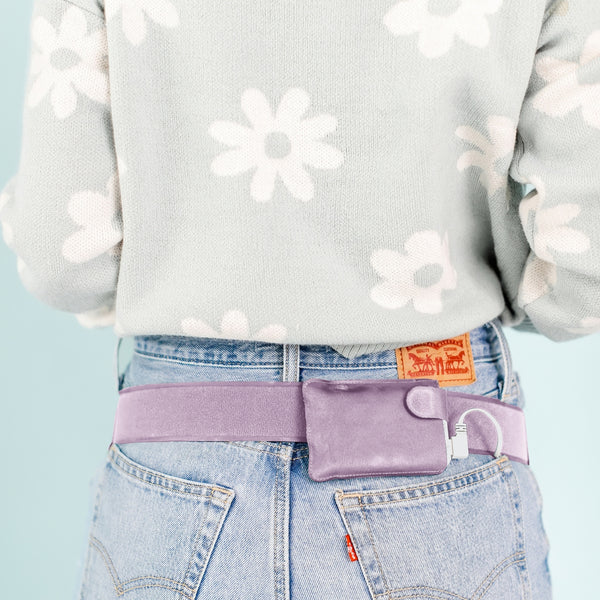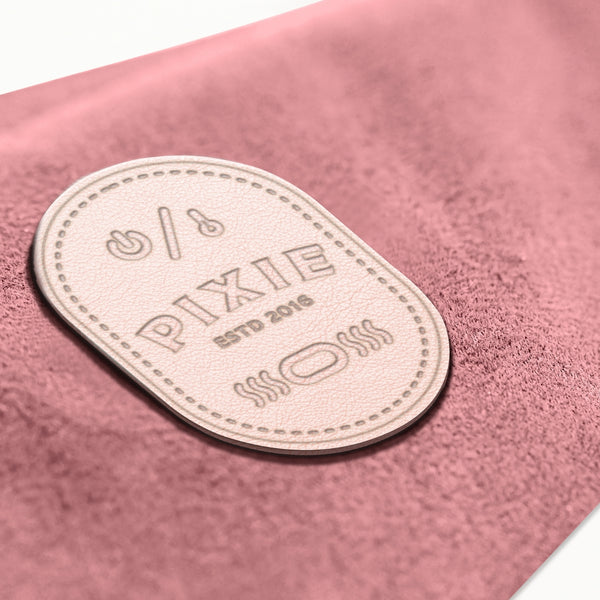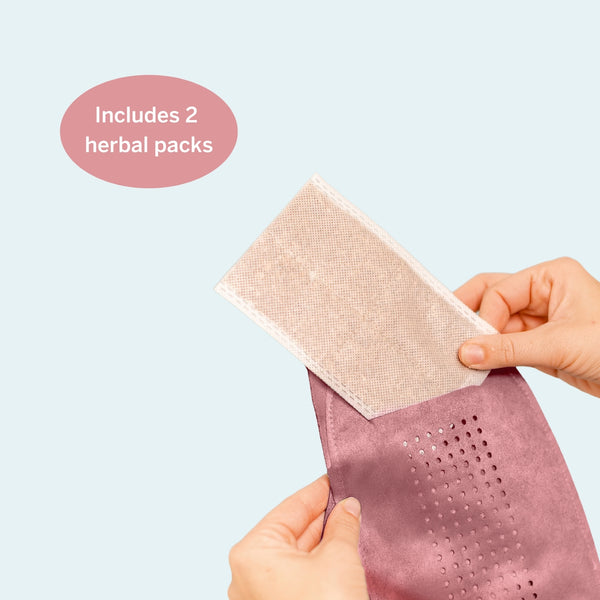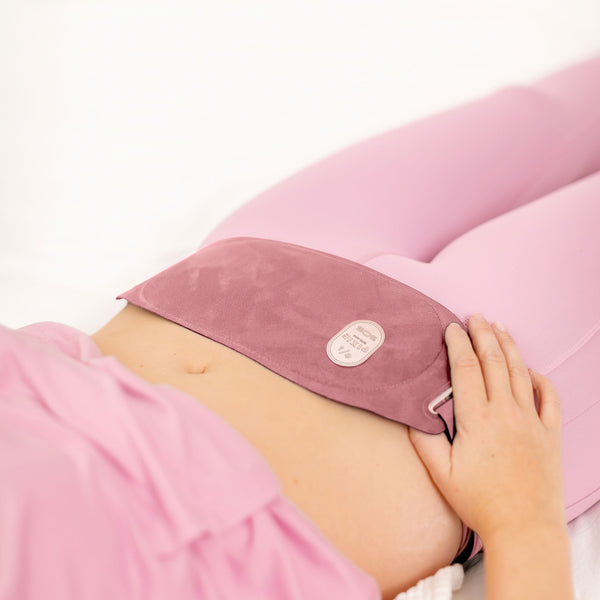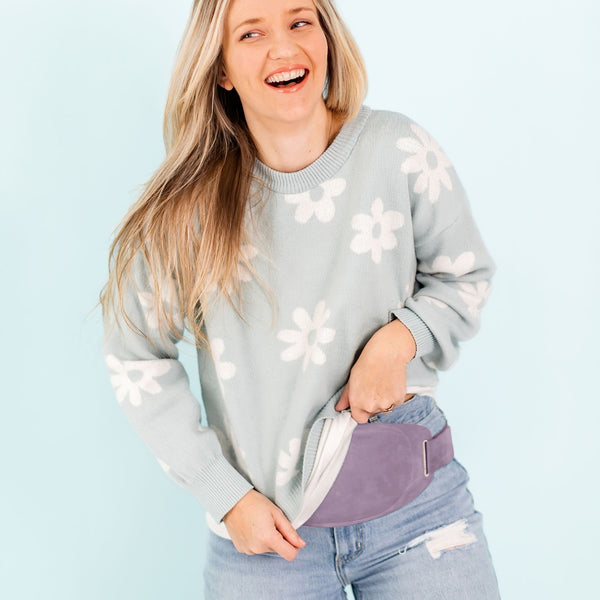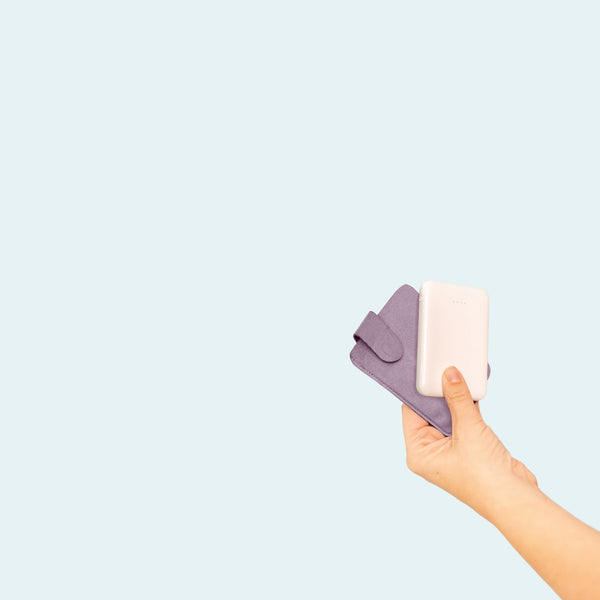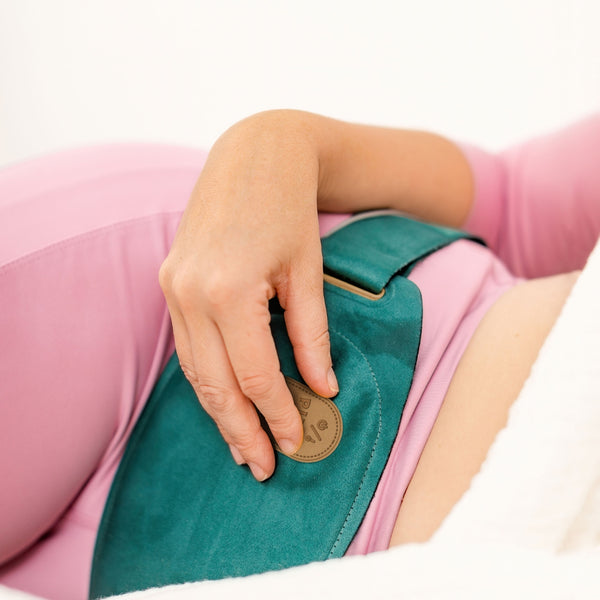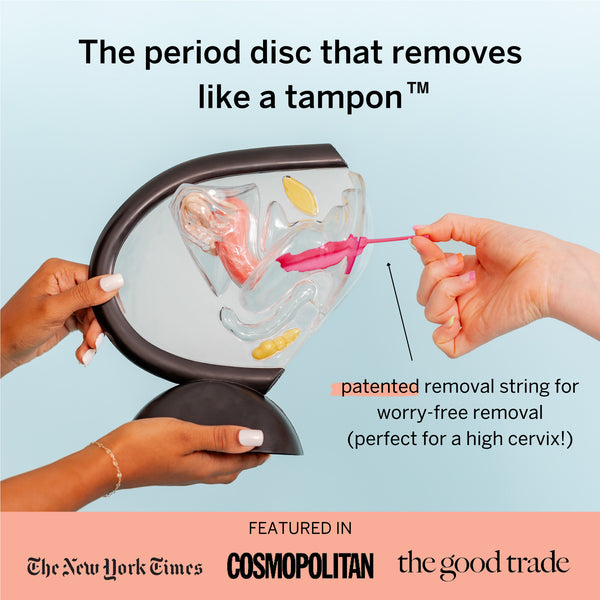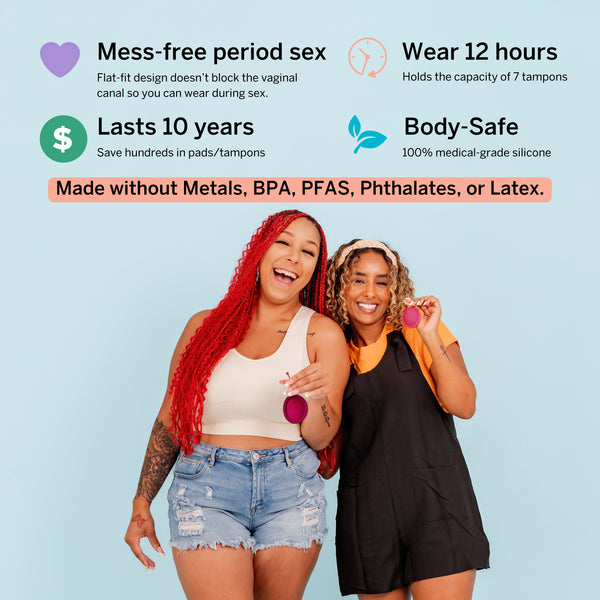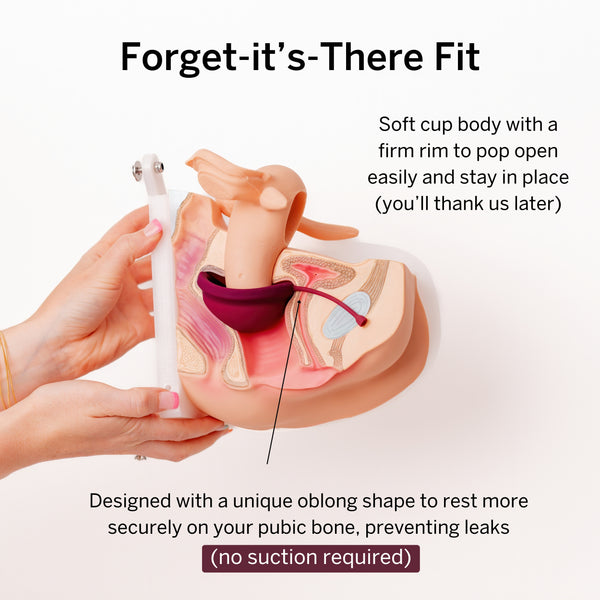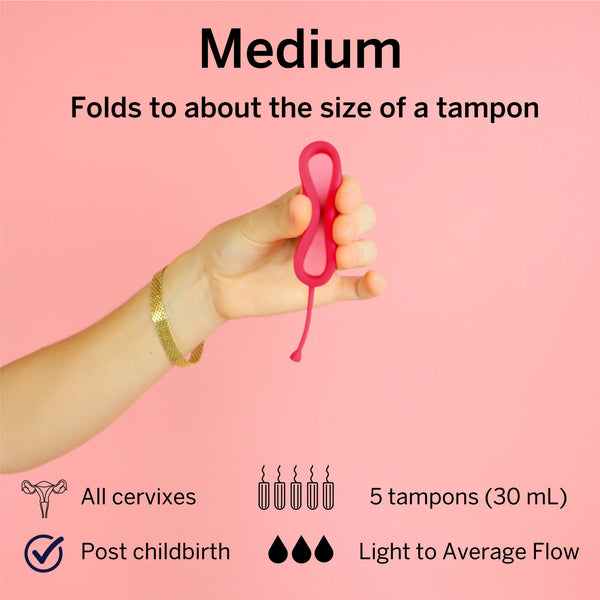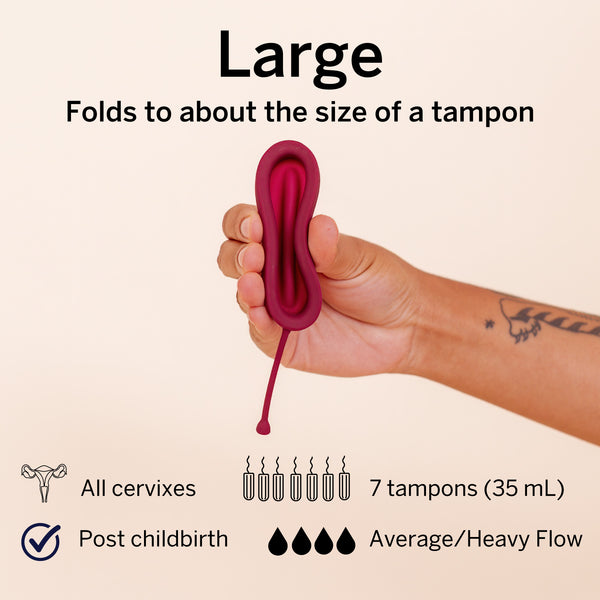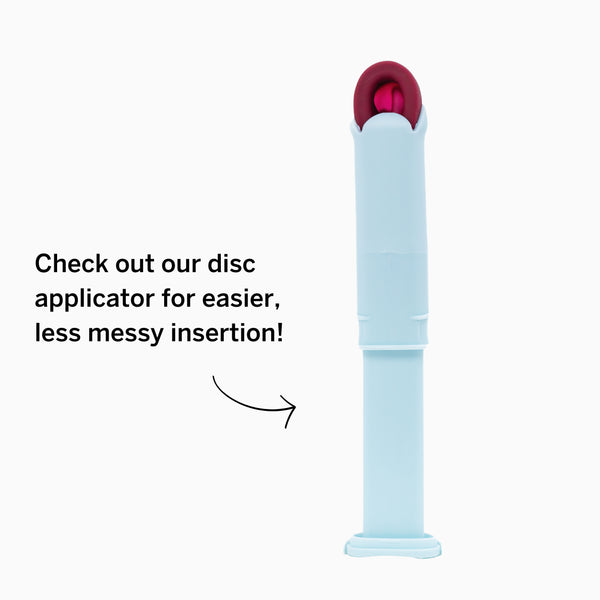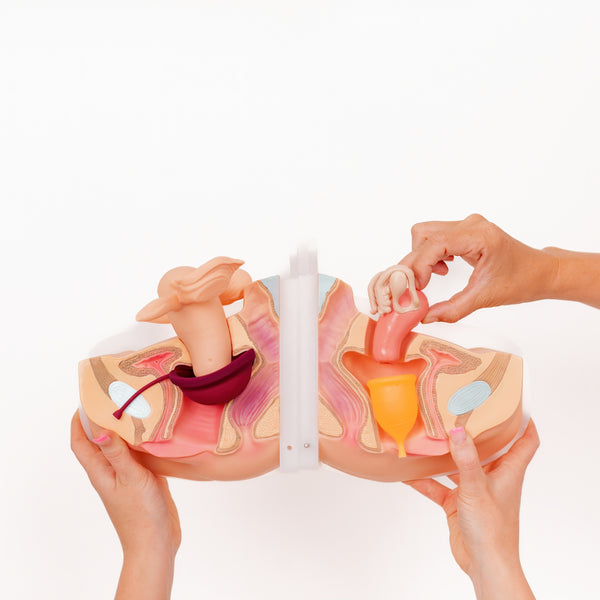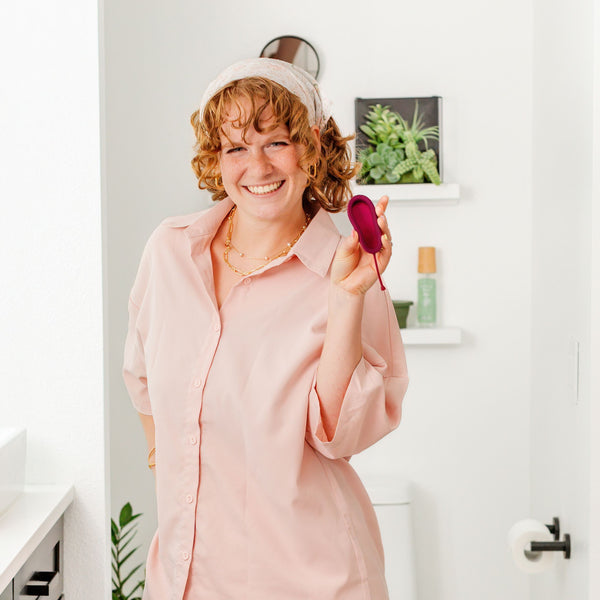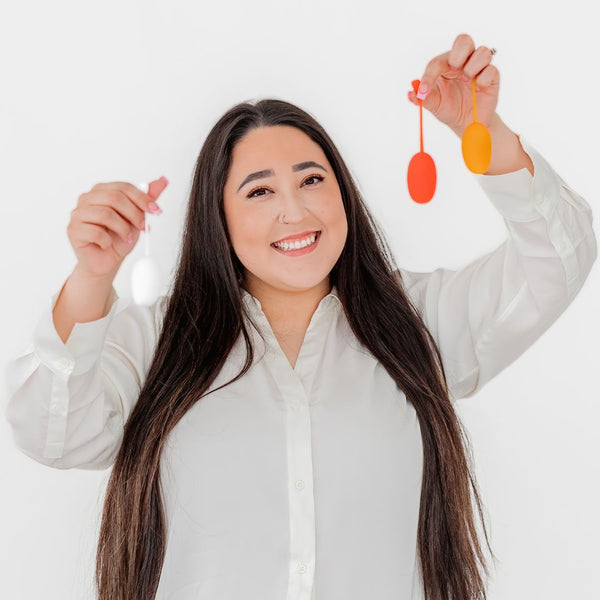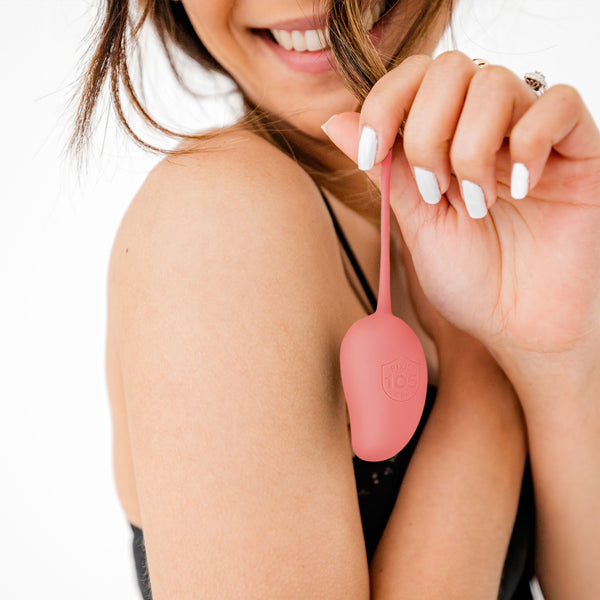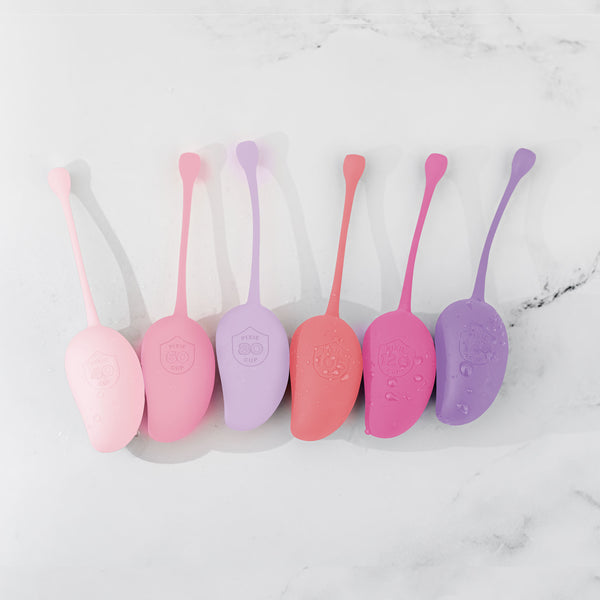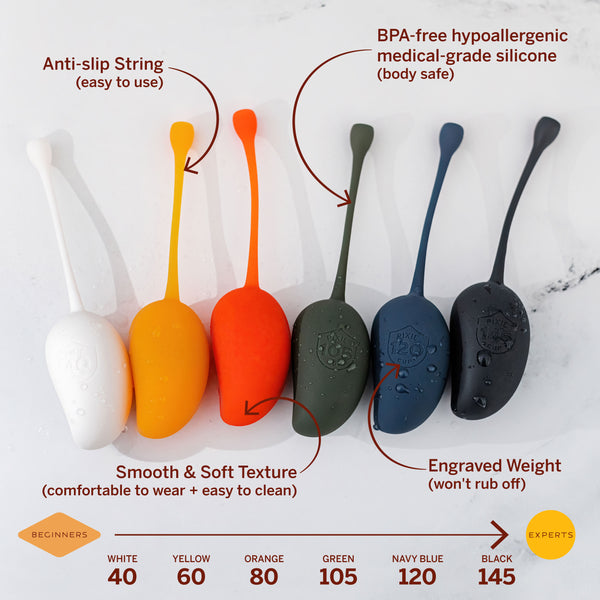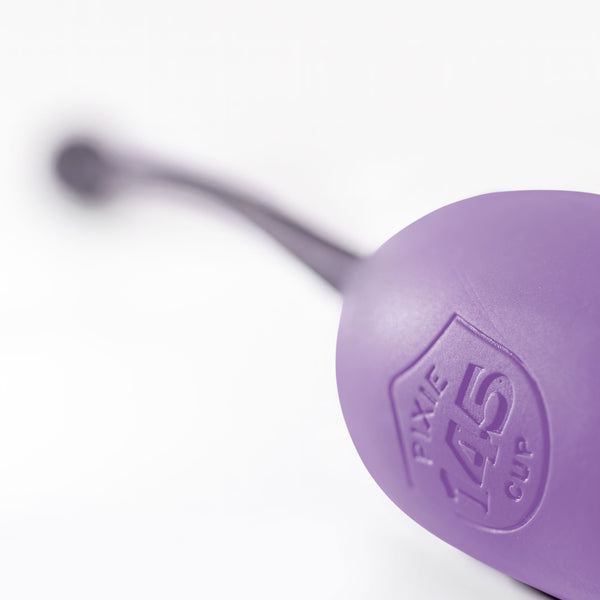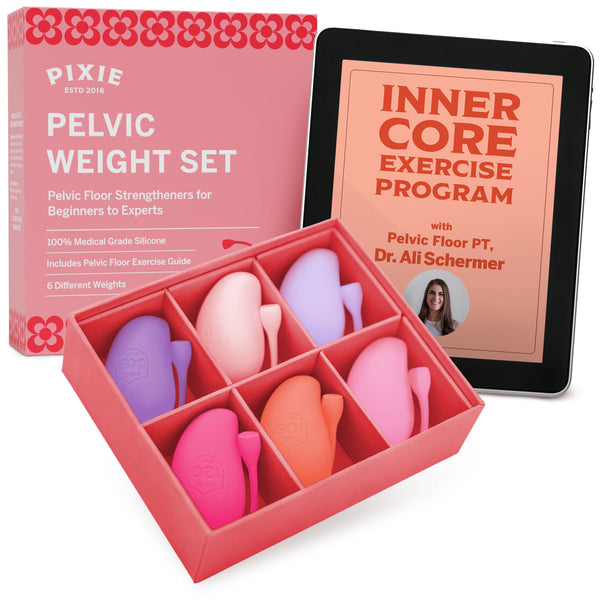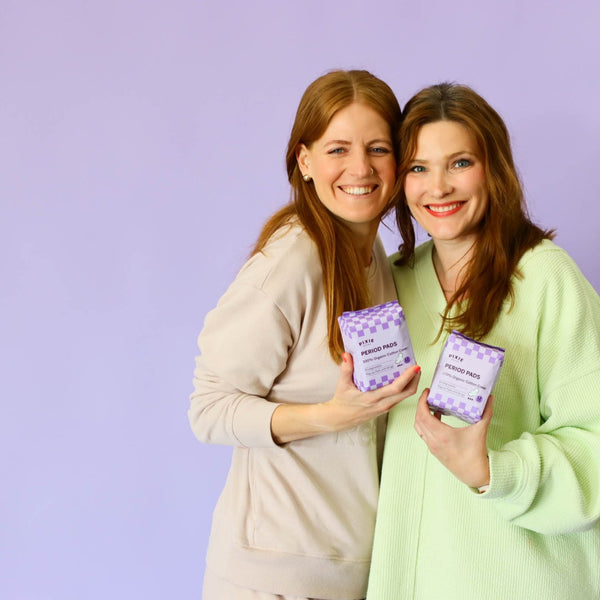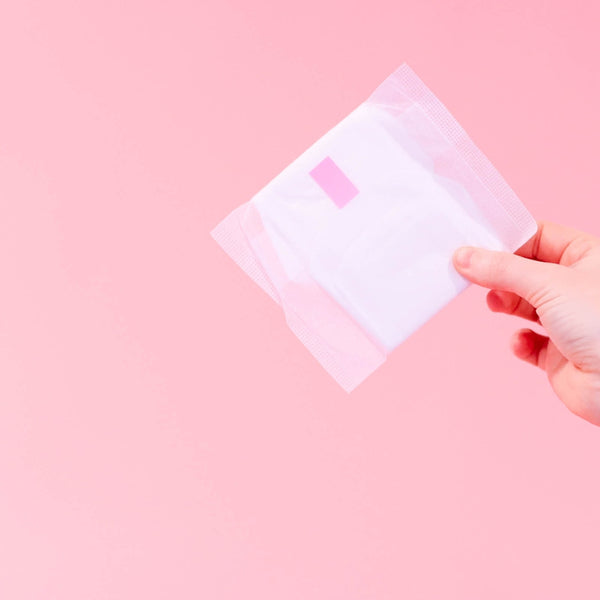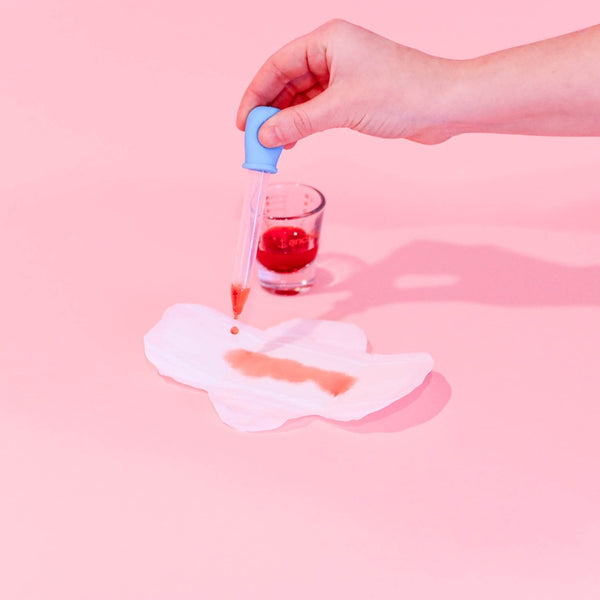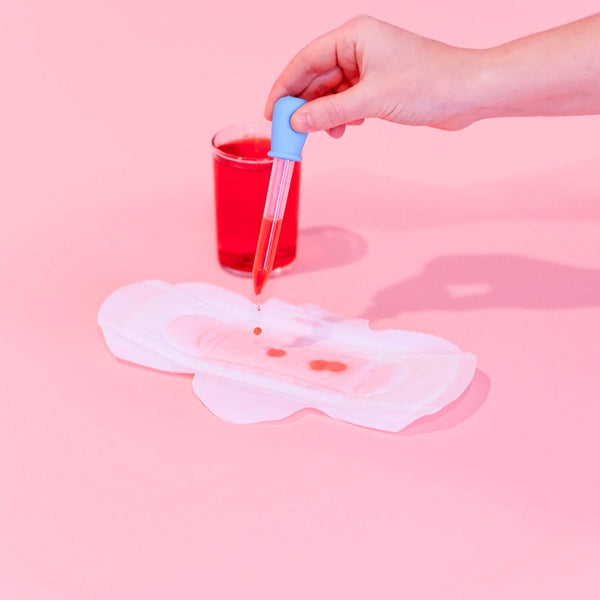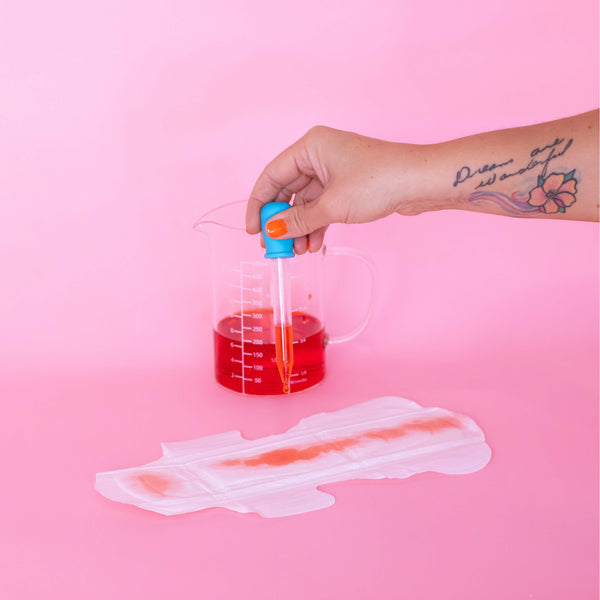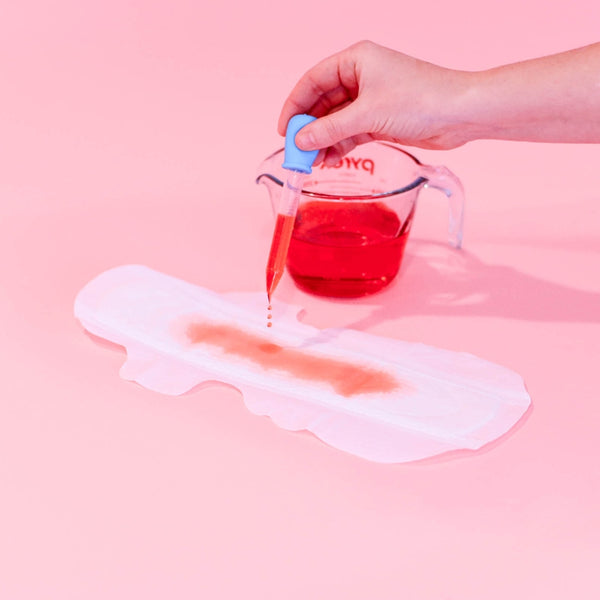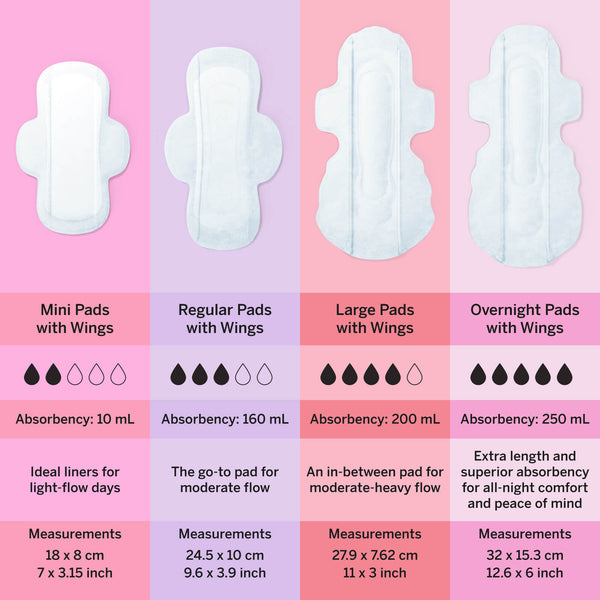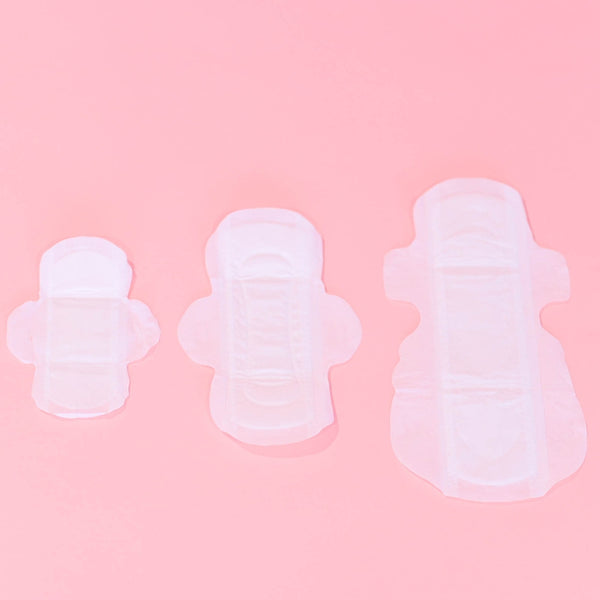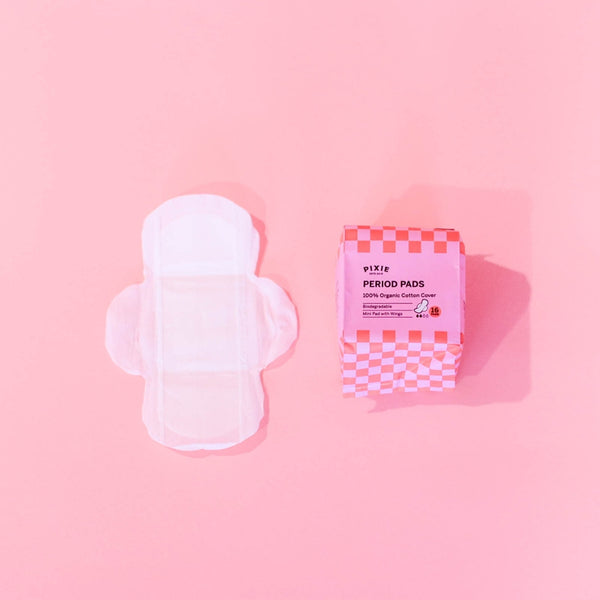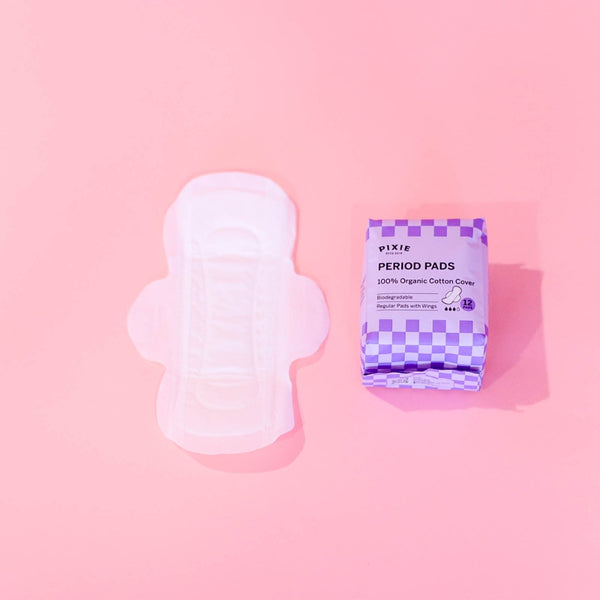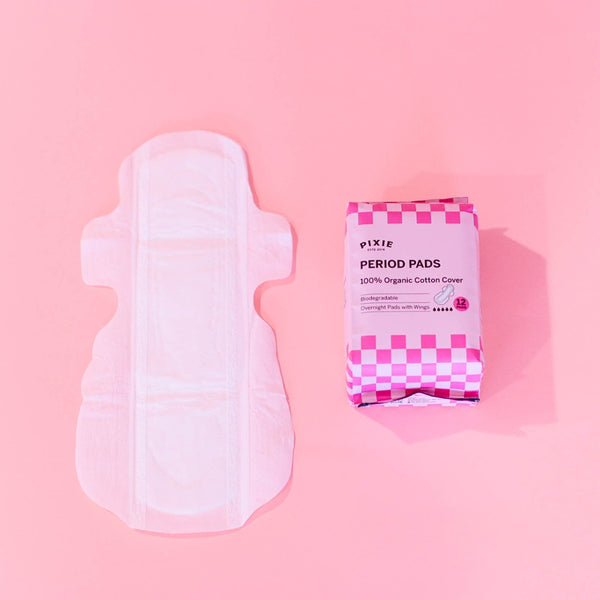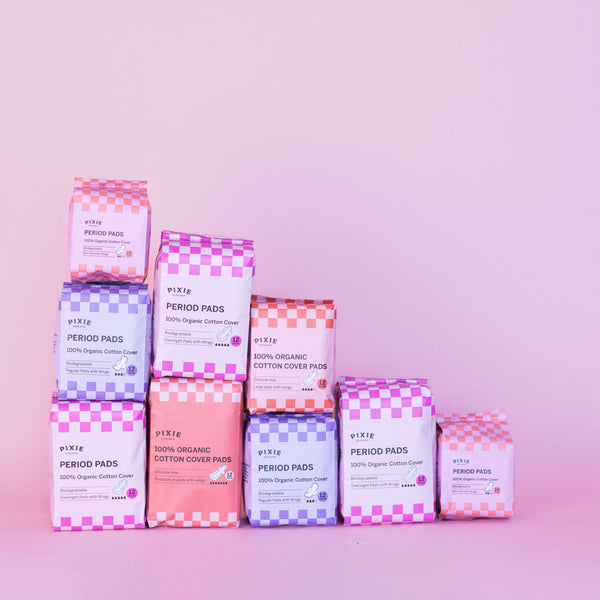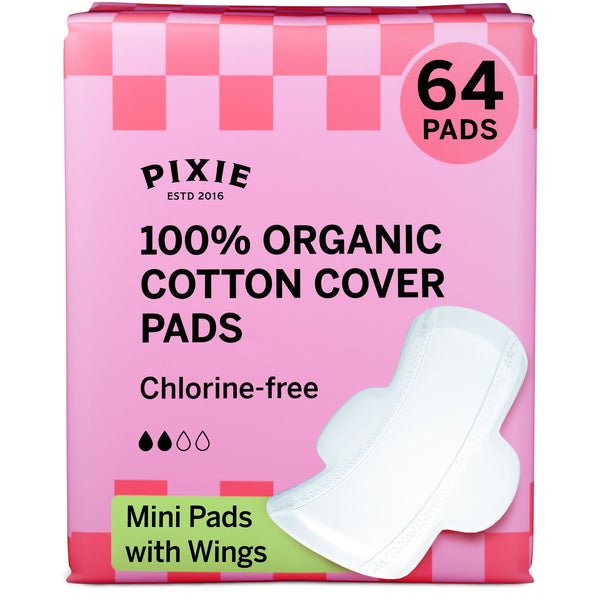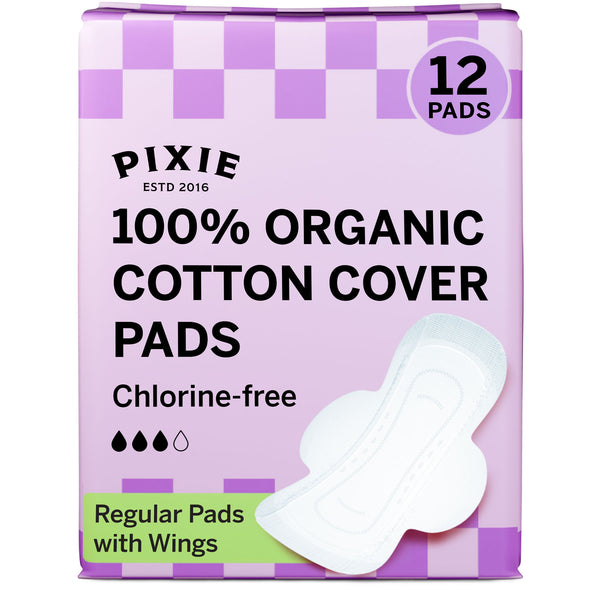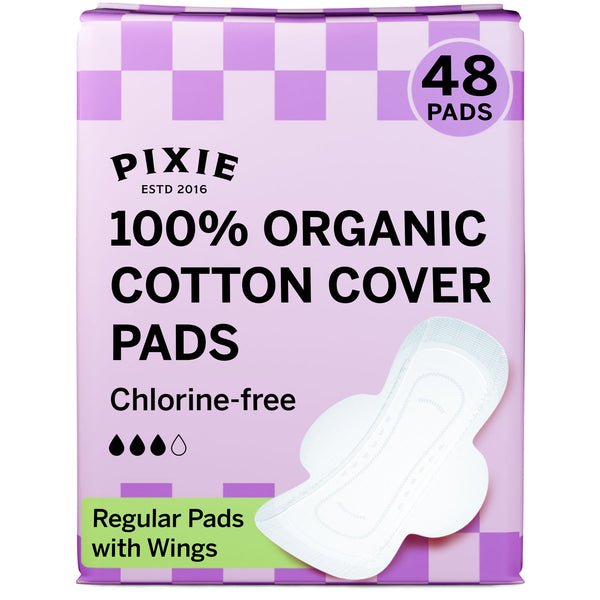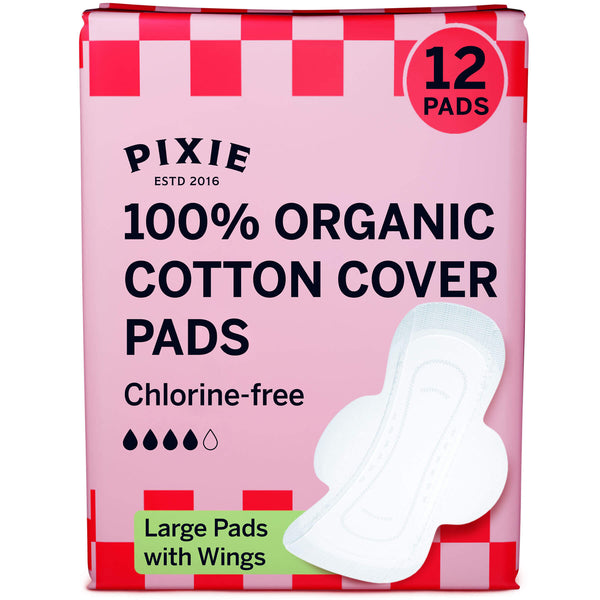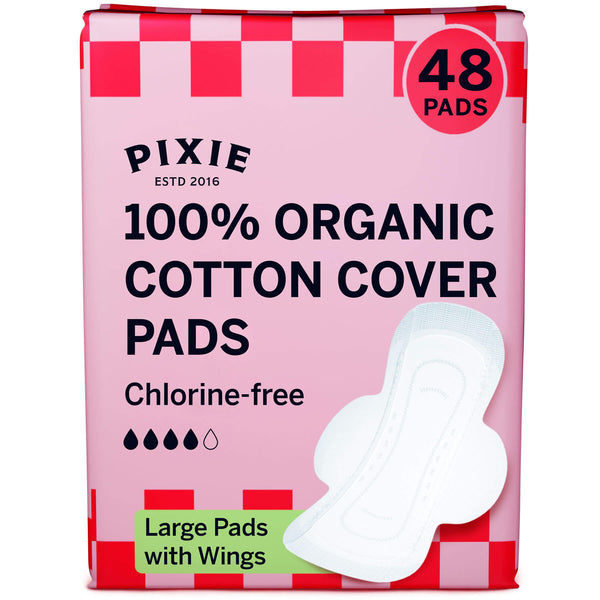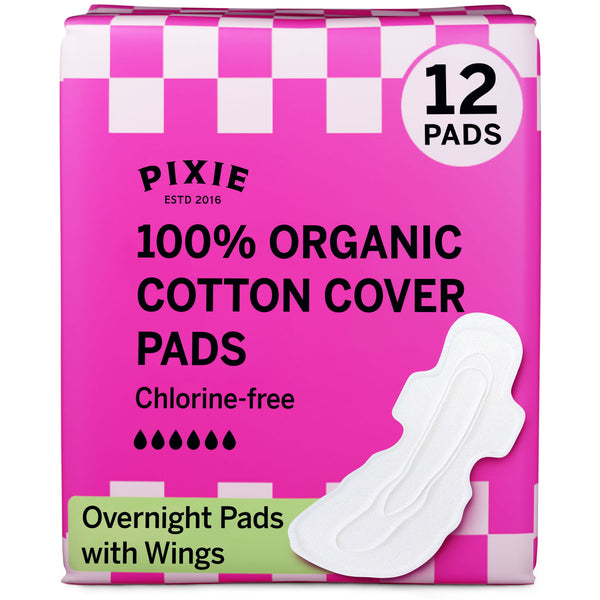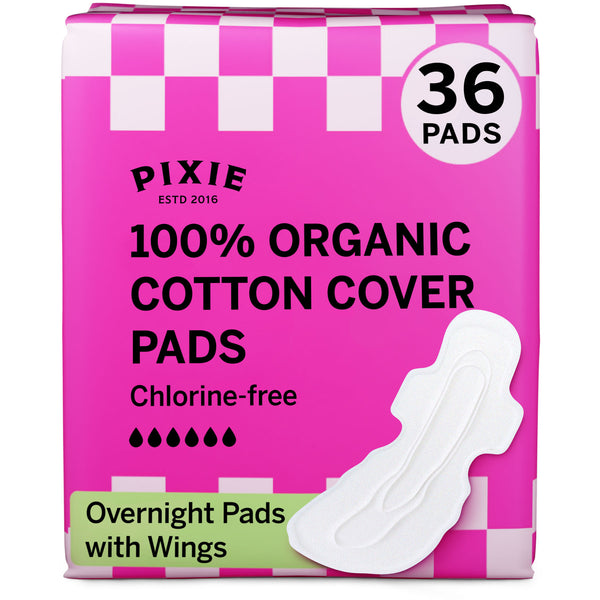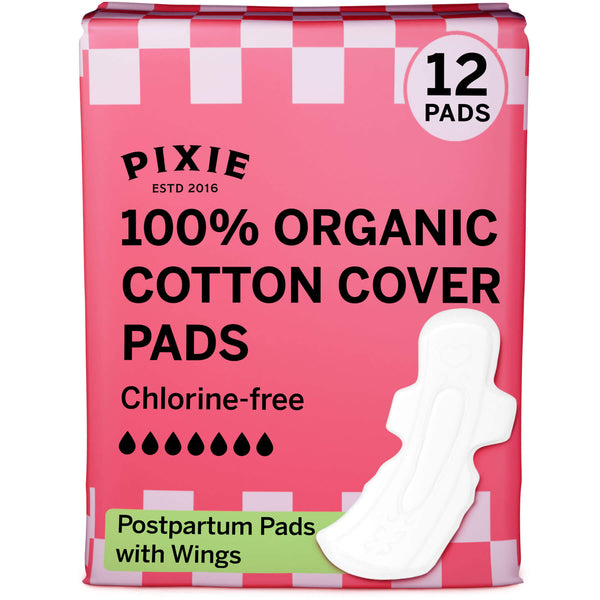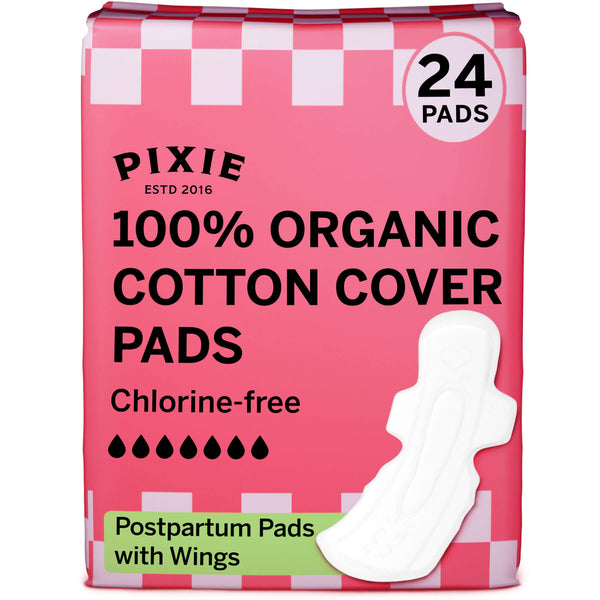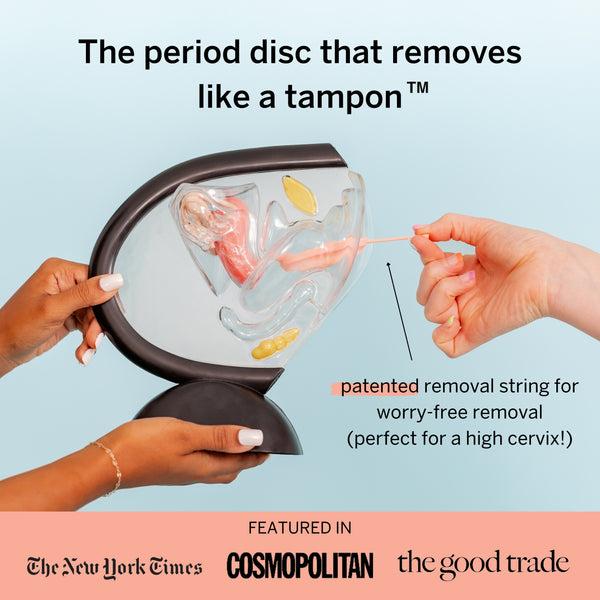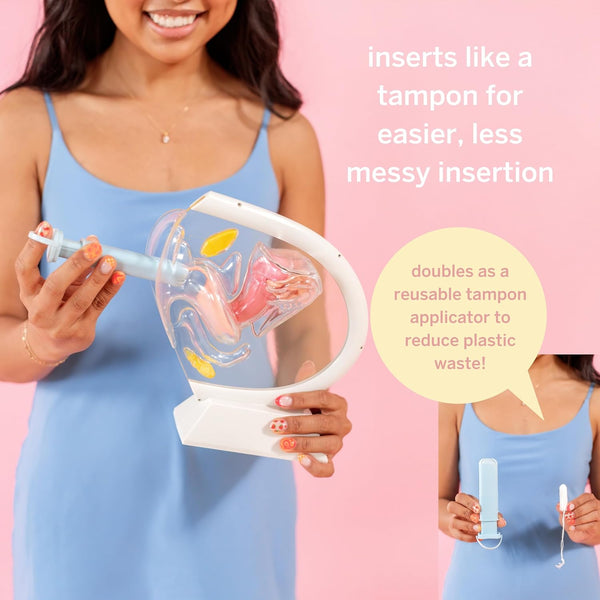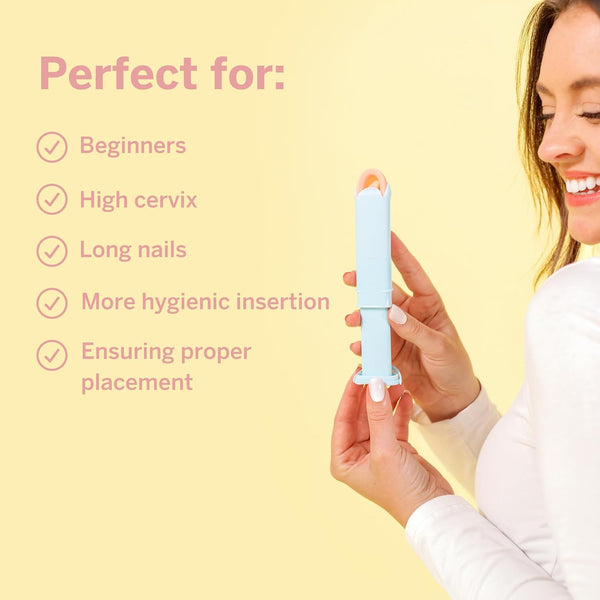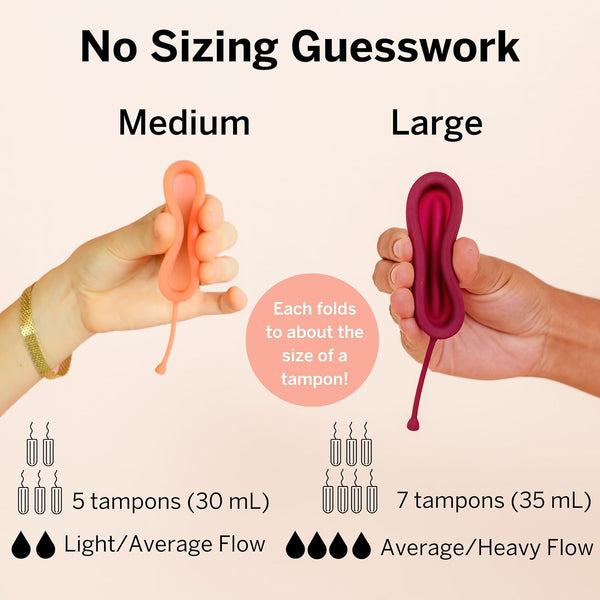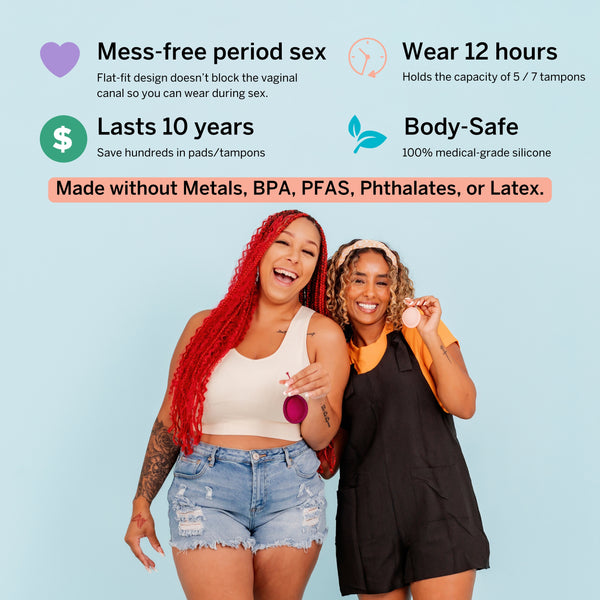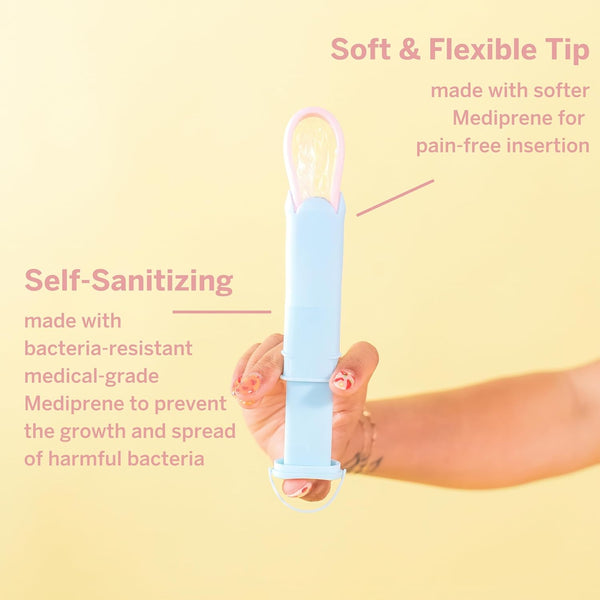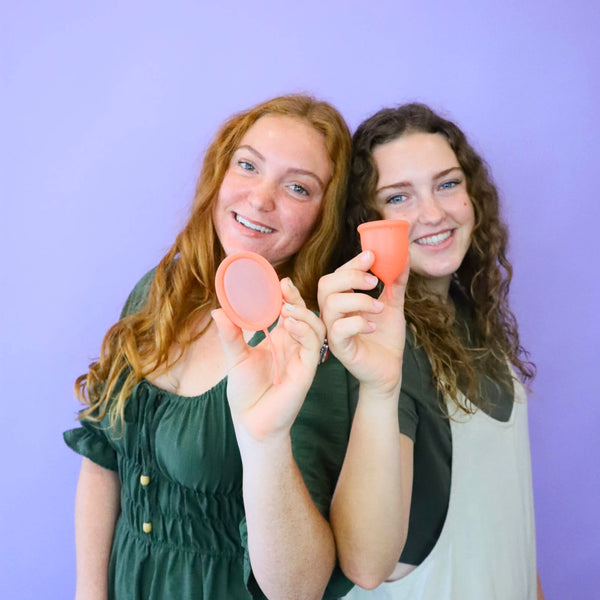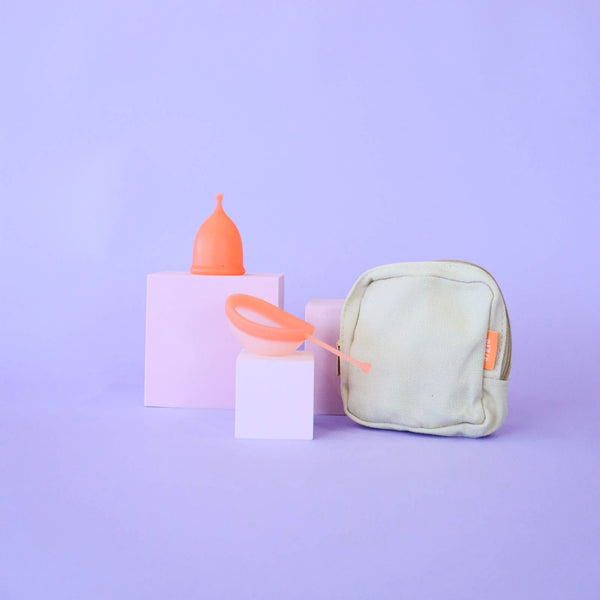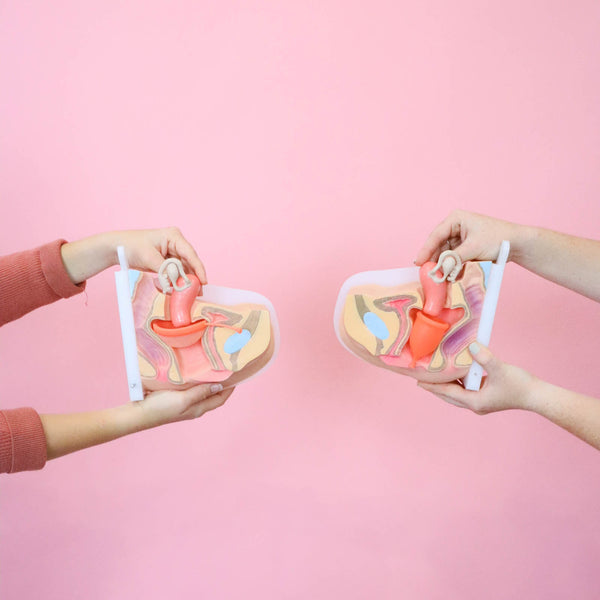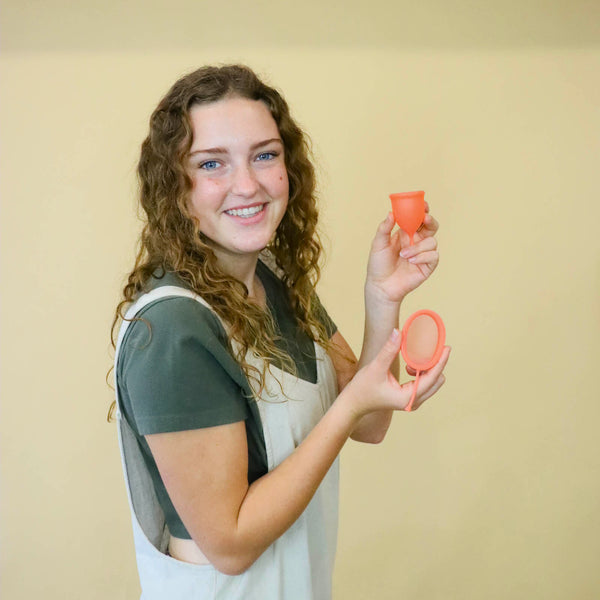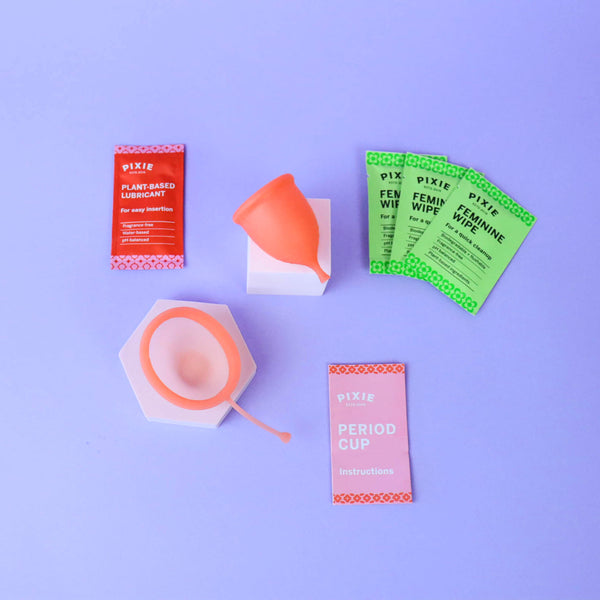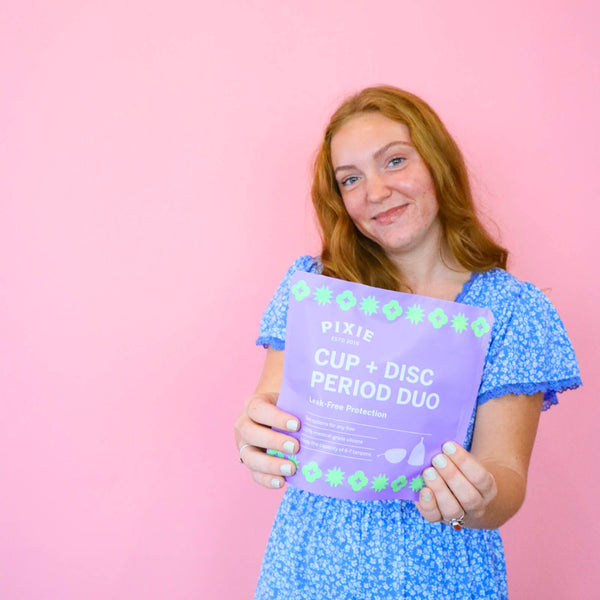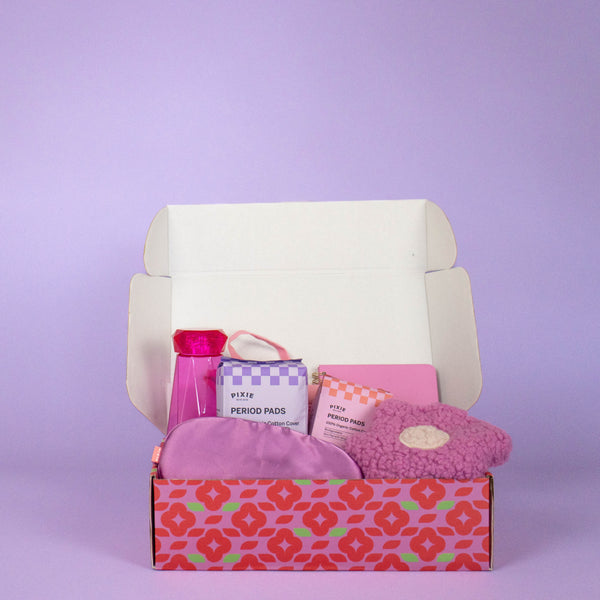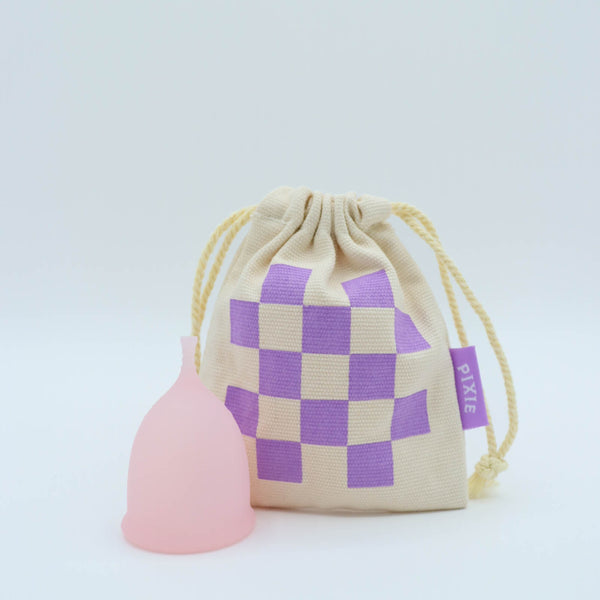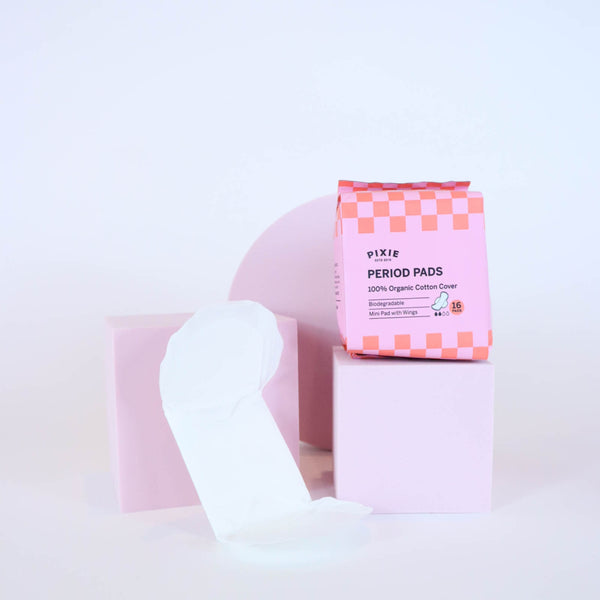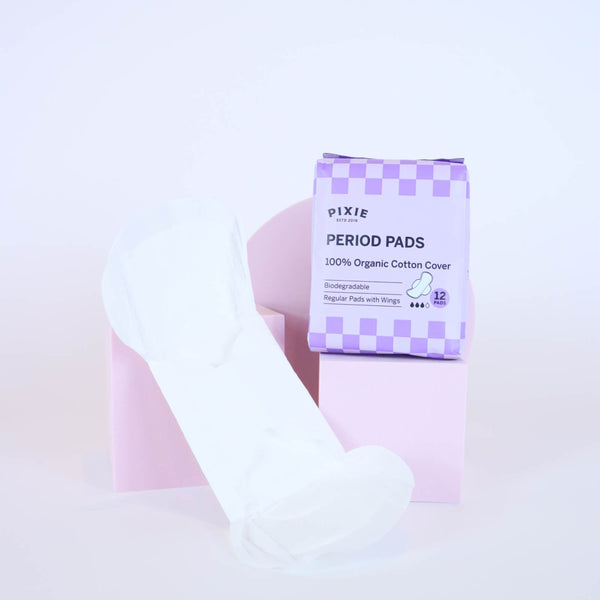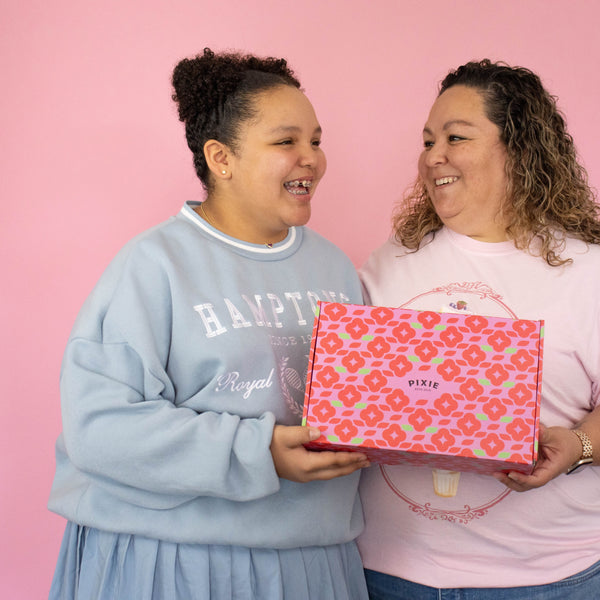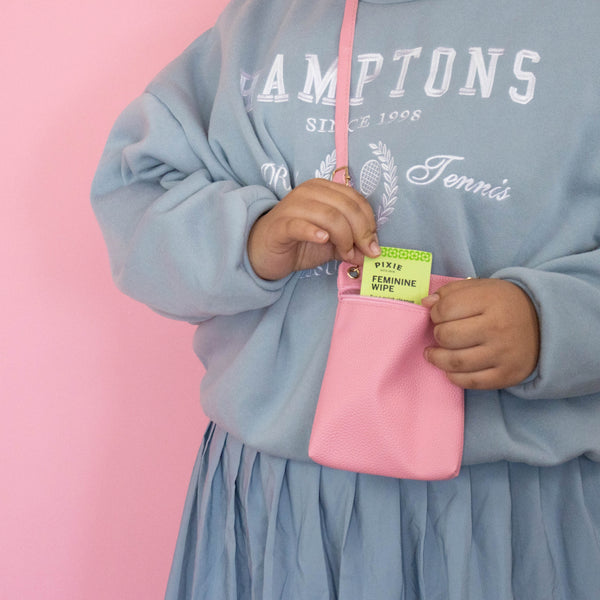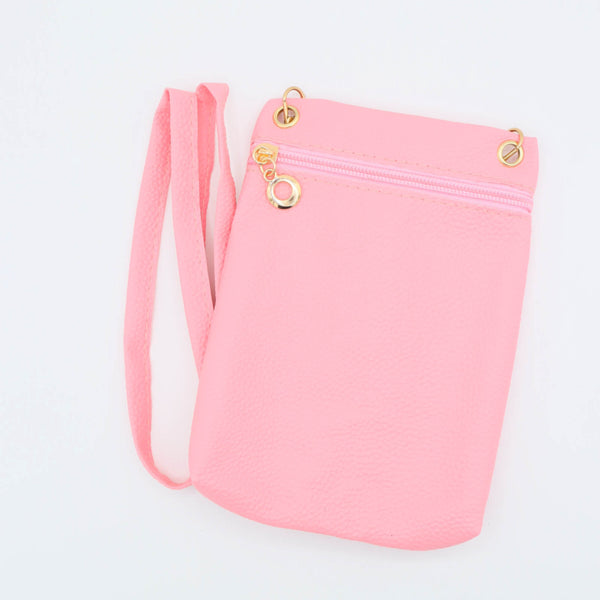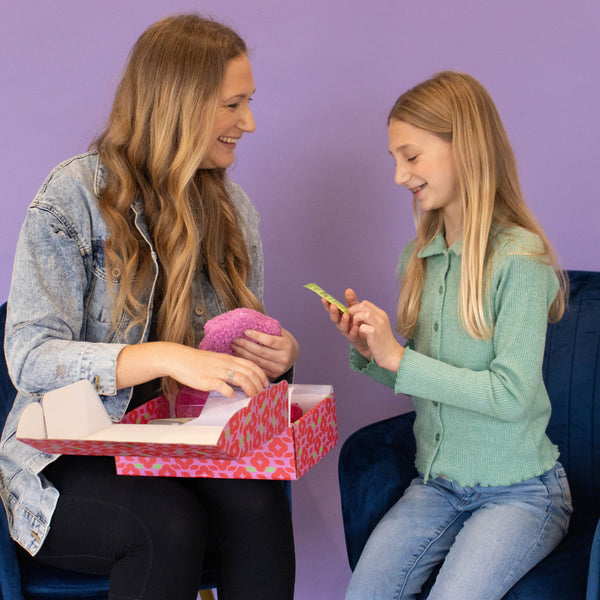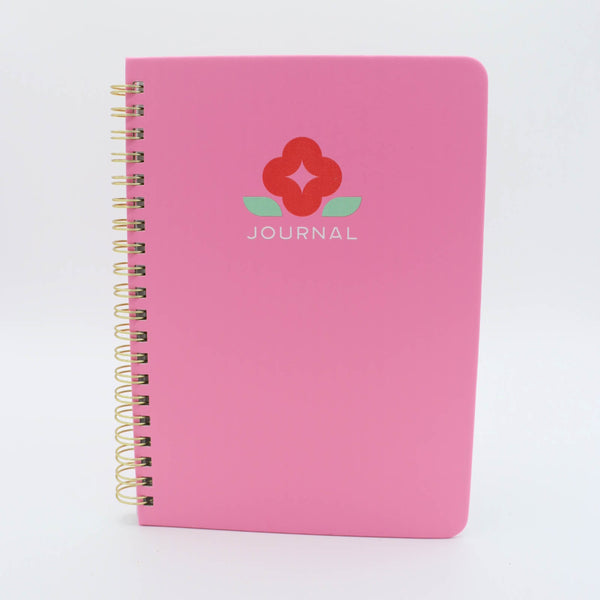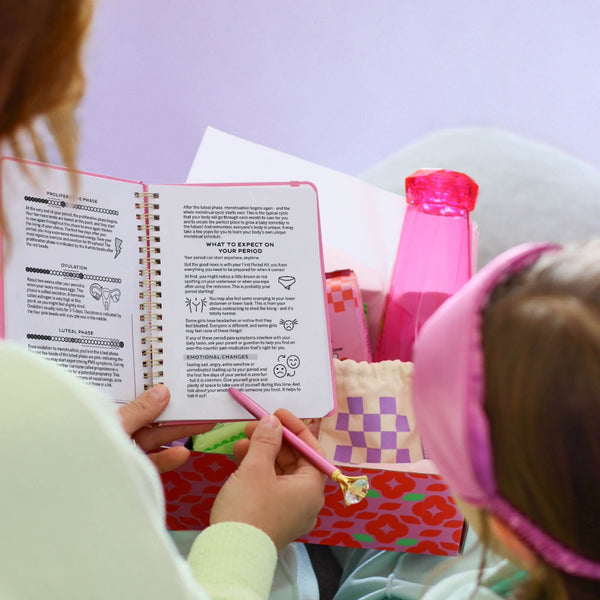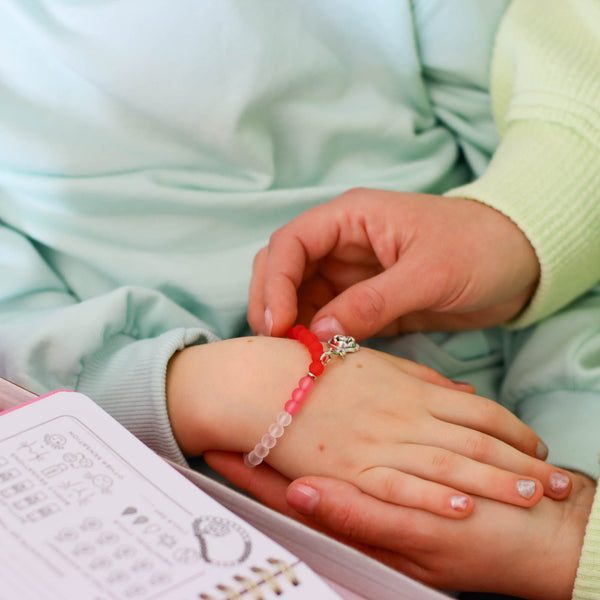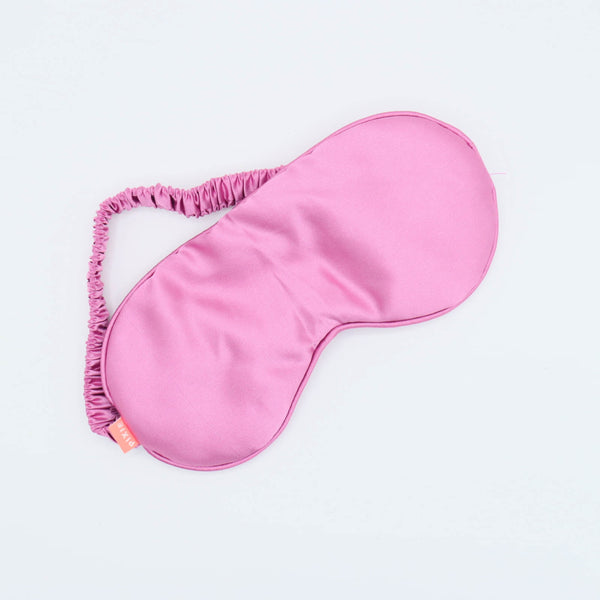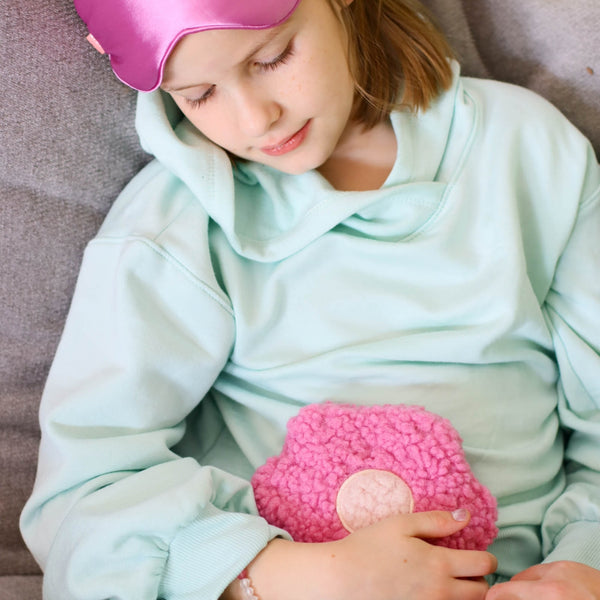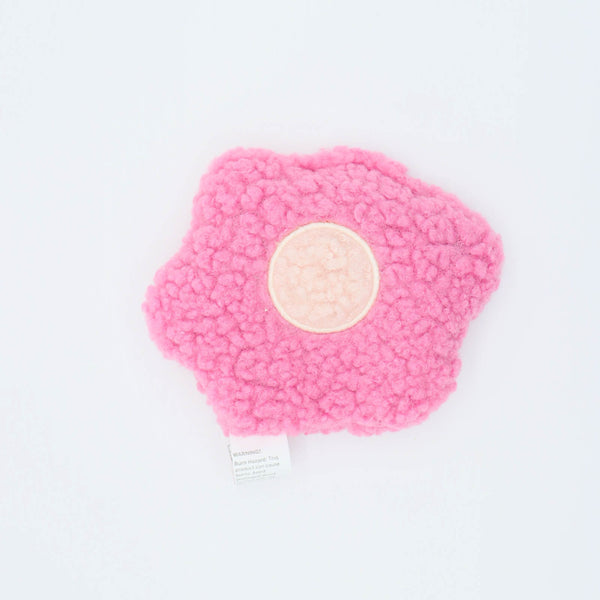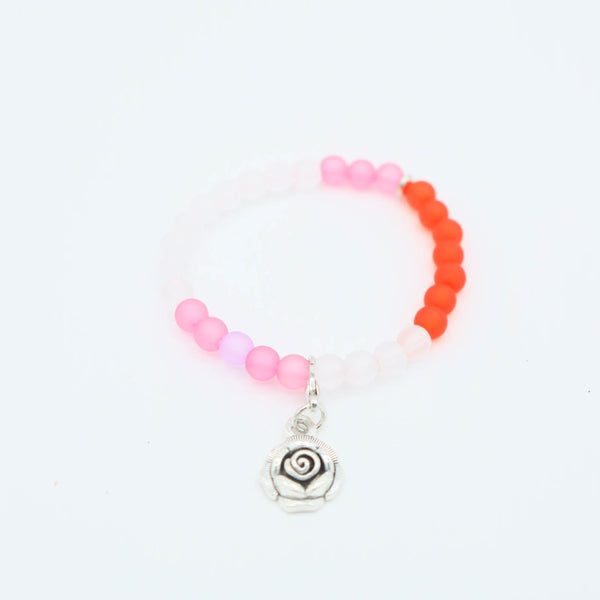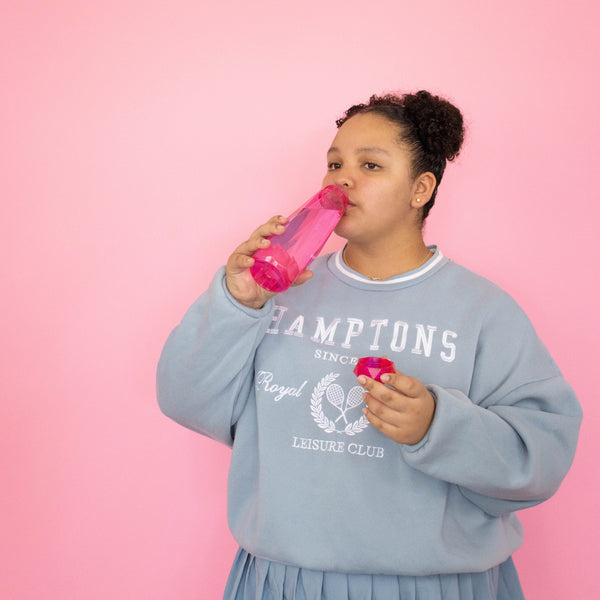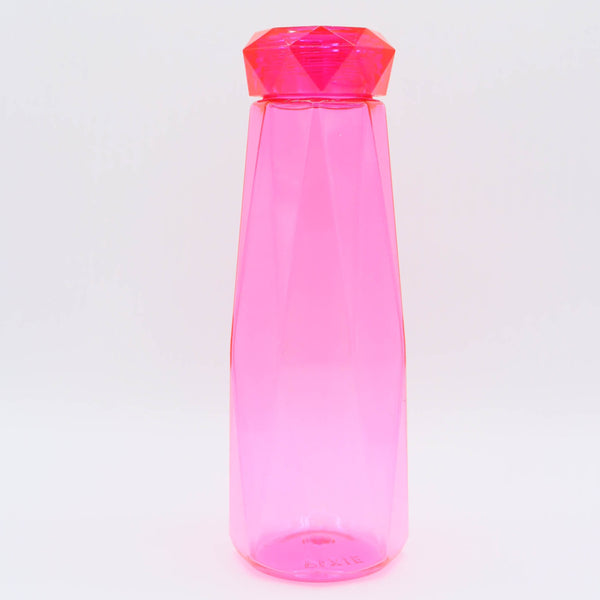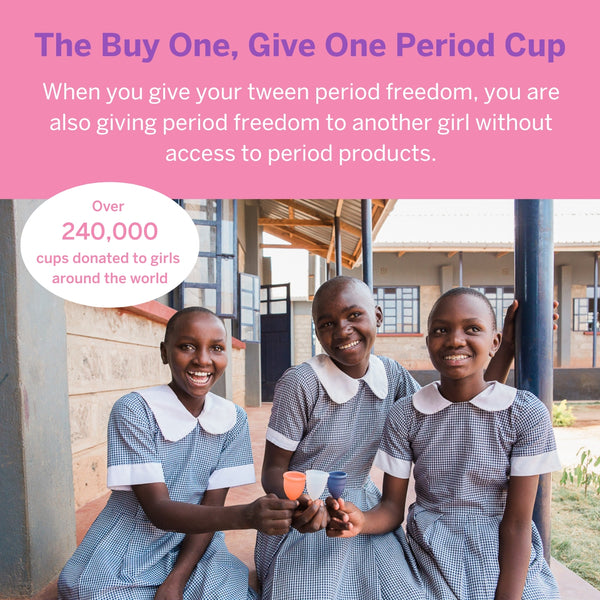World Health Day :: The impact of a menstrual cup
Menstrual hygiene management is a major public health issue that affects women and girls worldwide. According to UNICEF, one in ten girls in Africa misses school during menstruation, and more than half of girls in Ethiopia, for example, report feeling embarrassed about their periods. Access to clean and affordable menstrual products is critical to managing menstrual hygiene and reducing the negative impact of menstruation on women’s lives.

While disposable sanitary pads and tampons are widely used in developed countries, they are not affordable or accessible to many women in low-income countries. In recent years, menstrual cups have emerged as a sustainable, cost-effective, and hygienic alternative to disposable menstrual products. In this blog post, we will explore the benefits of donating menstrual cups to women in underprivileged countries.
What are Menstrual Cups?
A menstrual cup is a small, flexible cup made of medical-grade silicone, latex, or elastomer that is inserted into the vagina during menstruation to collect menstrual blood. Menstrual cups are reusable, and with proper care, they can last for several years. Period Cups come in different sizes, shapes, and materials, and they are designed to fit snugly inside the vagina to prevent leaks. Cups are easy to use and can be cleaned with soap and water or sterilized in boiling water.
Benefits of Menstrual Cups
Menstrual cups have several advantages over disposable menstrual products. Here are some of the key benefits of menstrual cups:
- Cost-Effective: Menstrual cups are a one-time investment that can last for several years. In contrast, disposable menstrual products need to be purchased every month, making them more expensive in the long run. In low-income countries, where women may have limited access to income and resources, menstrual cups can provide a cost-effective solution to managing menstrual hygiene.
- Environmentally Friendly: Disposable menstrual products generate a significant amount of waste that ends up in landfills or the ocean. In contrast, menstrual cups are reusable and generate significantly less waste. A study by the European Commission found that a woman who uses menstrual cups can reduce her carbon footprint by 0.4 to 5.3 kg of CO2 per year compared to using disposable menstrual products.
- Hygienic: Menstrual cups are made of medical-grade silicone, latex, or elastomer, which is a non-porous material that does not harbor bacteria. In contrast, disposable menstrual products can cause bacterial growth and odor. Menstrual cups are also easy to clean, which reduces the risk of infection and promotes better menstrual hygiene.
- Convenient: Menstrual cups can be worn for up to 12 hours, which is longer than the recommended usage time for disposable menstrual products. This means that women can wear menstrual cups for an entire day without having to change them, which is particularly convenient for women who do not have access to clean and private facilities to change menstrual products.
- Healthier: Menstrual cups do not contain any chemicals or additives that can cause irritation or allergic reactions. In contrast, disposable menstrual products can contain synthetic materials, fragrances, and other chemicals that can cause skin irritation and increase the risk of infection.
- Empowering: Access to menstrual cups can provide women with greater control over their menstrual cycle and promote better menstrual health. Women who use menstrual cups report feeling more confident, comfortable, and in control of their periods. Additionally, menstrual cups can reduce the stigma and shame associated with menstruation, which can empower women to speak openly about their menstrual health and advocate for their rights.
Donating Menstrual Cups to Women in Underprivileged Countries
Donating menstrual cups to women in underprivileged countries can have a significant impact on their lives. Here are some of the benefits of donating menstrual cups:
Improving Menstrual Hygiene
In many low-income countries, women and girls do not have access to clean and private facilities to manage their menstrual hygiene. This can lead to a range of health problems, including urinary tract infections, reproductive tract infections, and other complications. Donating menstrual cups to women in underprivileged countries can help improve menstrual hygiene by providing women with a clean and hygienic way to manage their periods.
Menstrual cups are easy to clean and can be sterilized in boiling water. This means that women can reuse the cups for several years, reducing the risk of infection and promoting better menstrual hygiene. Additionally, menstrual cups are designed to fit snugly inside the vagina, which reduces the risk of leakage and keeps the menstrual blood contained.
Increasing Access to Menstrual Products
In many low-income countries, disposable menstrual products are either too expensive or unavailable. This means that women and girls often resort to using unhygienic materials, such as rags, leaves, or newspaper, to manage their periods. These materials are not only ineffective but can also cause infection and other health problems.
Donating menstrual cups to women in underprivileged countries can increase access to menstrual products and provide women with a safe and effective way to manage their periods. Menstrual cups are reusable and can last for several years, making them a cost-effective solution for women who cannot afford disposable menstrual products.
Reducing Absenteeism in Schools
In many low-income countries, girls miss school during their periods because they do not have access to menstrual products or clean facilities to manage their periods. This can lead to a significant gap in education and reduce their opportunities for the future.
Donating menstrual cups to girls in underprivileged countries can help reduce absenteeism in schools and promote better educational outcomes. Menstrual cups are easy to use and can be worn for up to 12 hours, which means that girls can attend school without worrying about changing their menstrual products. Additionally, menstrual cups are designed to be leak-proof, which means that girls can participate in physical activities without fear of embarrassment or leakage.
Empowering Women
Access to menstrual cups can empower women and girls by giving them greater control over their menstrual health. Women who use menstrual cups report feeling more confident, comfortable, and in control of their periods. Additionally, menstrual cups can reduce the stigma and shame associated with menstruation, which can empower women to speak openly about their menstrual health and advocate for their rights.
By donating menstrual cups to women in underprivileged countries, we can help empower women and girls and promote gender equality. Menstrual cups provide women with a safe, effective, and sustainable way to manage their periods, which can help break down barriers to education, employment, and healthcare.
Promoting Sustainability
Disposable menstrual products generate a significant amount of waste that ends up in landfills or the ocean. According to the United Nations Environment Programme, up to 12 billion menstrual products are discarded each year in India alone, contributing to the country’s waste crisis. Menstrual cups are a sustainable alternative to disposable menstrual products because they can be reused for several years.
Donating menstrual cups to women in underprivileged countries can promote sustainability by reducing waste and promoting the circular economy. Menstrual cups are made of non-toxic materials, such as medical-grade silicone or latex, which can be recycled or reused at the end of their lifespan. Additionally, menstrual cups are easy to clean and can be sterilized in boiling water, which reduces the need for chemical cleaning agents and promotes environmental sustainability.
JOIN US!
When you purchase a Pixie Cup, you can feel good knowing that your purchase supports our Buy One, Give One program and provides a woman in need with a menstrual cup through one of our partner organizations.
We are so grateful for the many non-profit organizations that we work with, and we are always looking for more, all around the world! If you know of an organization that would fit our mission perfectly, please contact us and let us know!
Give the Gift of Menstrual Care
CLICK HERE to donate two cups to deserving women in underprivileged countries. Thank you for partnering with us to end period poverty around the world!

Conclusion
Donating menstrual cups to women in underprivileged countries can have a significant impact on their lives. Menstrual cups provide a sustainable, cost-effective, and hygienic alternative to disposable menstrual products. By donating menstrual cups, we can help to improve menstrual hygiene, increase access to menstrual products, reduce absenteeism in schools, empower women, promote sustainability, provide economic opportunities, and support women’s health.
It is essential to work with local organizations and community leaders to ensure that the cups are distributed effectively and that women receive the support and education they need to use them correctly. Additionally, it is essential to promote awareness and advocacy around menstrual health and menstrual equity to reduce the stigma and shame associated with menstruation and promote gender equality.
Overall, donating menstrual cups to women in underprivileged countries is a critical step towards promoting menstrual equity, supporting women’s health, and achieving sustainable development. By working together, we can help to break down barriers to education, employment, and healthcare and create a world where all women have access to the menstrual products they need to live healthy, empowered lives.
Our Top Picks For You
-
Period Disc & Applicator Kit
![]()
- Regular price
- $48
- Sale Price
- Regular price
-
$55 - $48
- Unit price
- per
Sold out -
Reusable Organic Cotton Pads
![]()
- Regular price
- $28
- Sale Price
- Regular price
-
$34 - $28
- Unit price
- per
Sold out -
Disposable Organic Cotton Pads
![]()
- Regular price
- $7
- Sale Price
- Regular price
-
$9 - $7
- Unit price
- per
Sold out -
Combo Disc + Applicator Bundle
![]()
- Regular price
- $42
- Sale Price
- Regular price
-
$49 - $42
- Unit price
- per
Sold out




